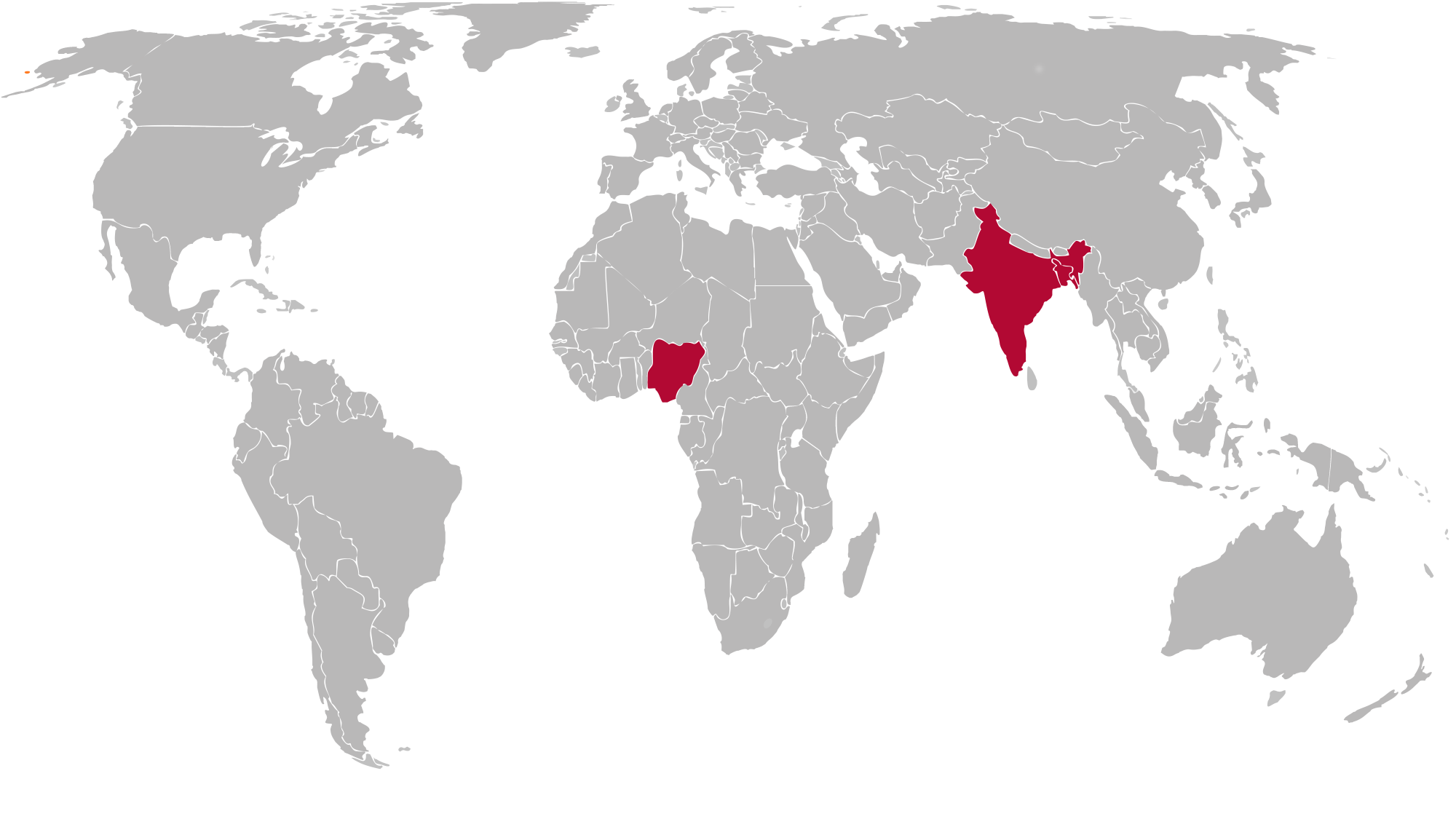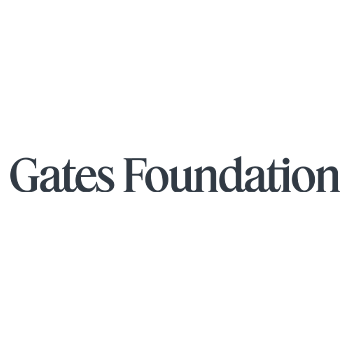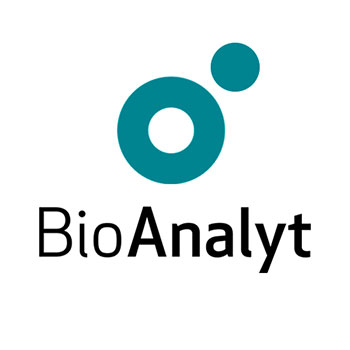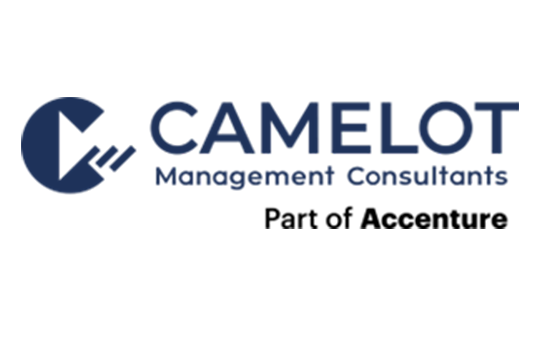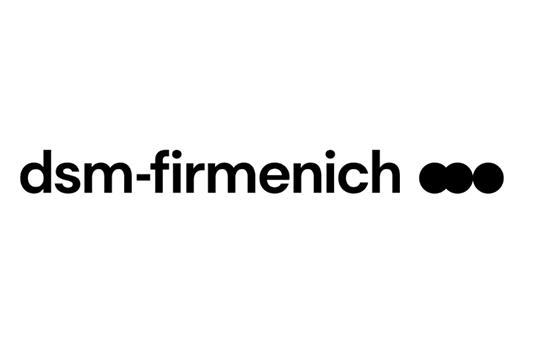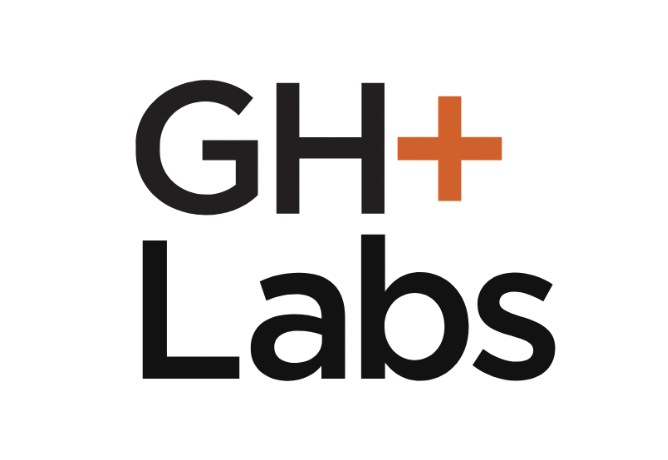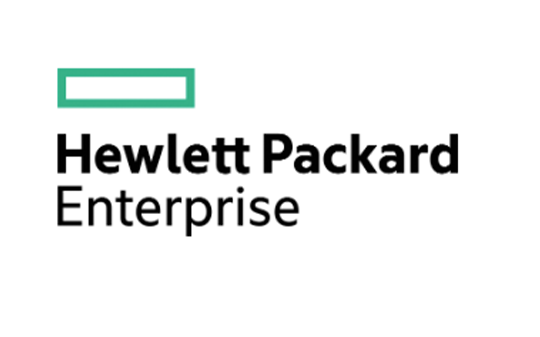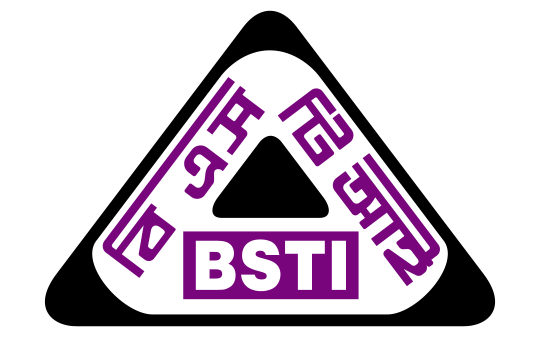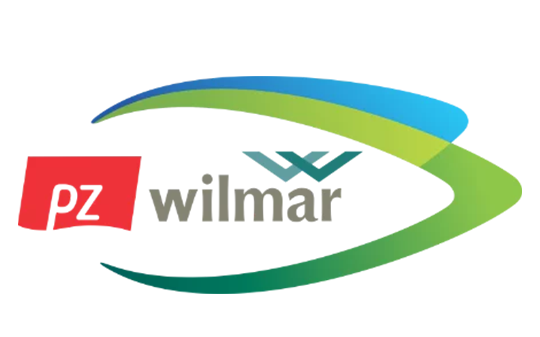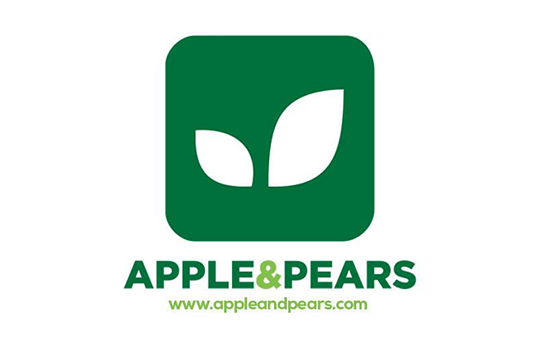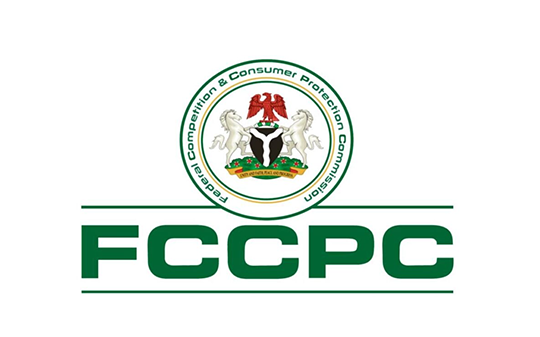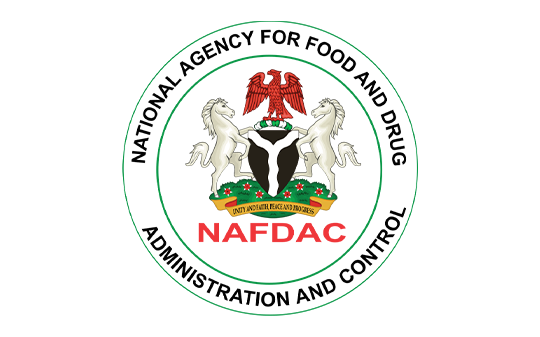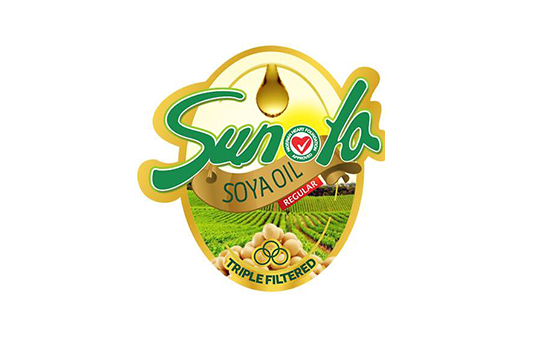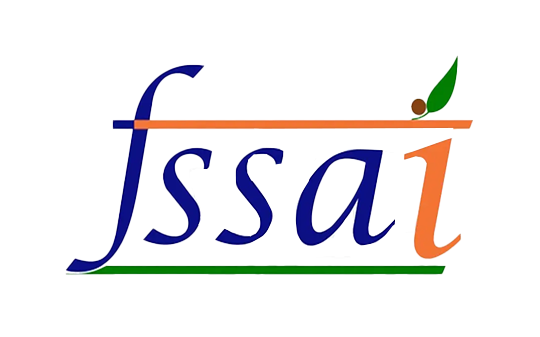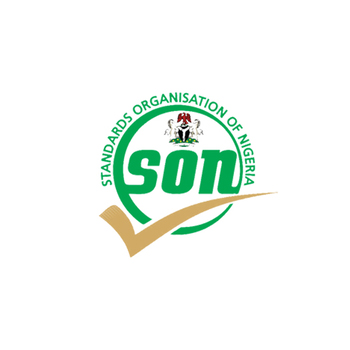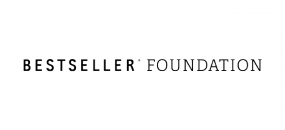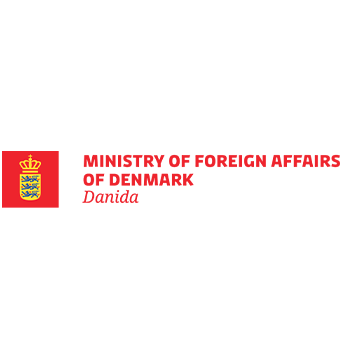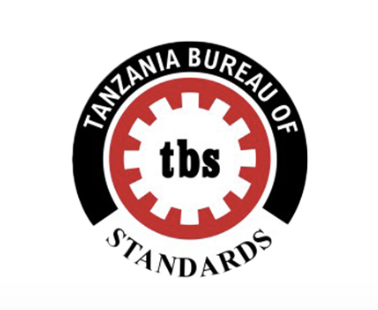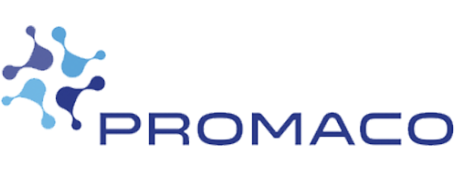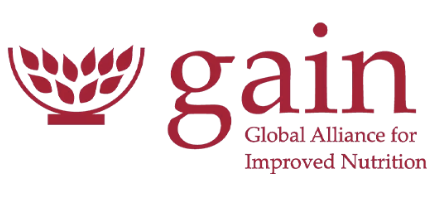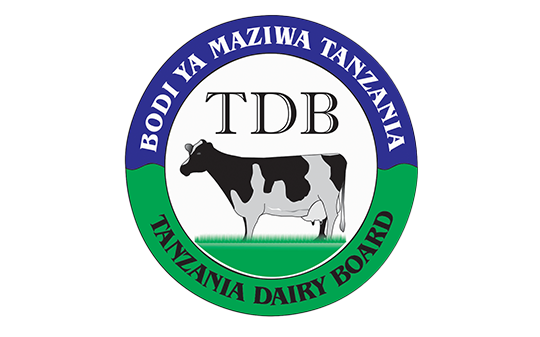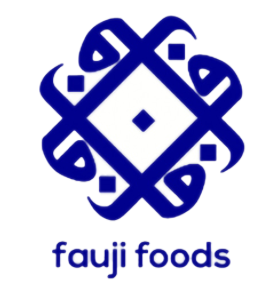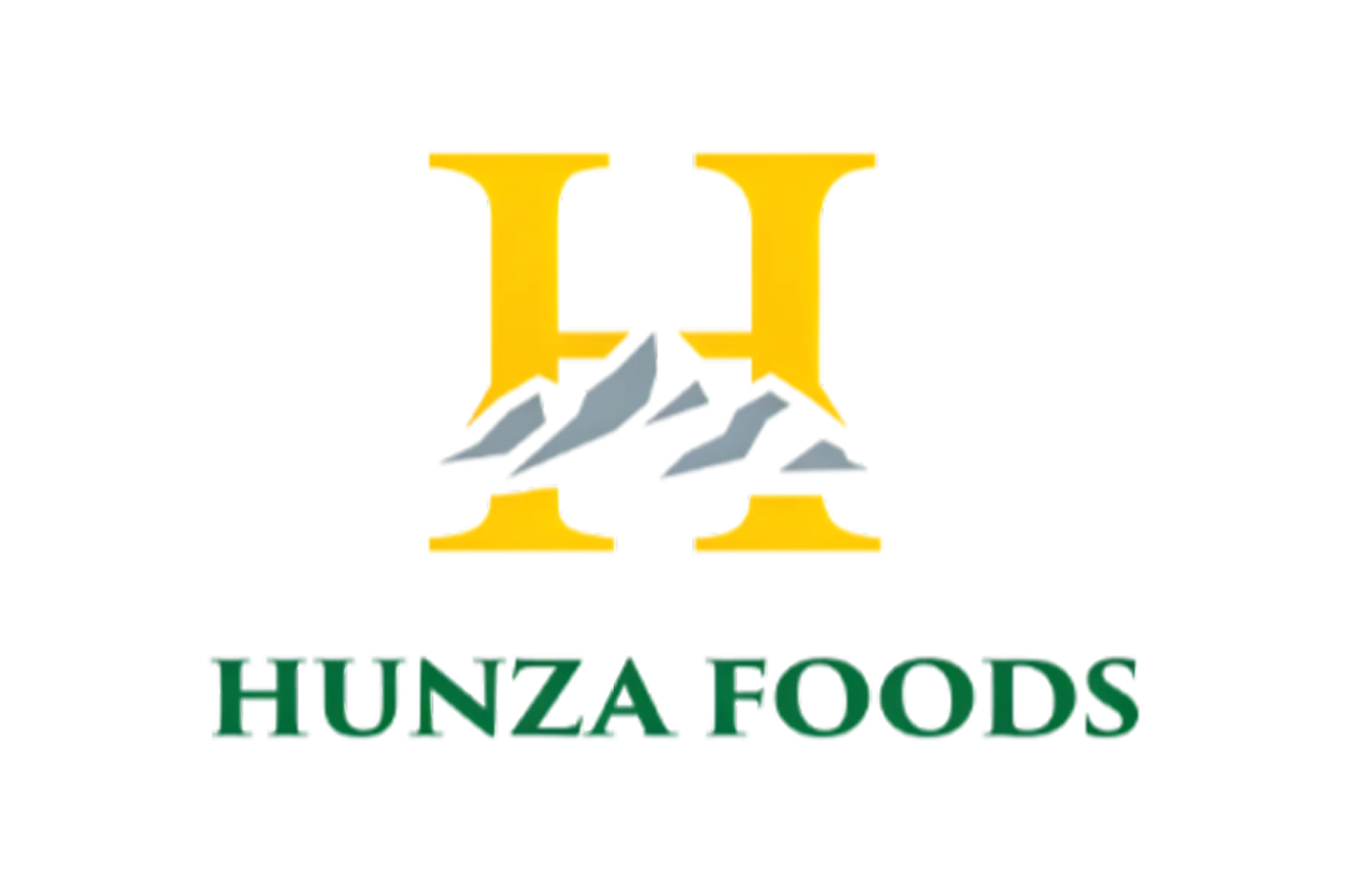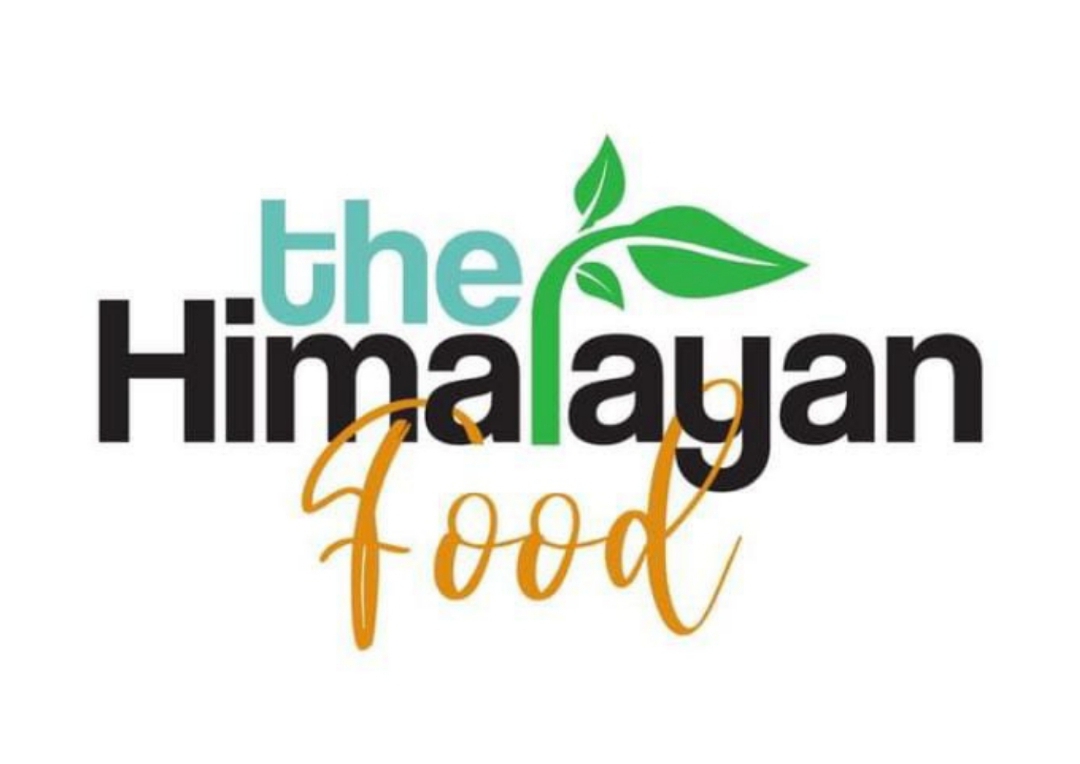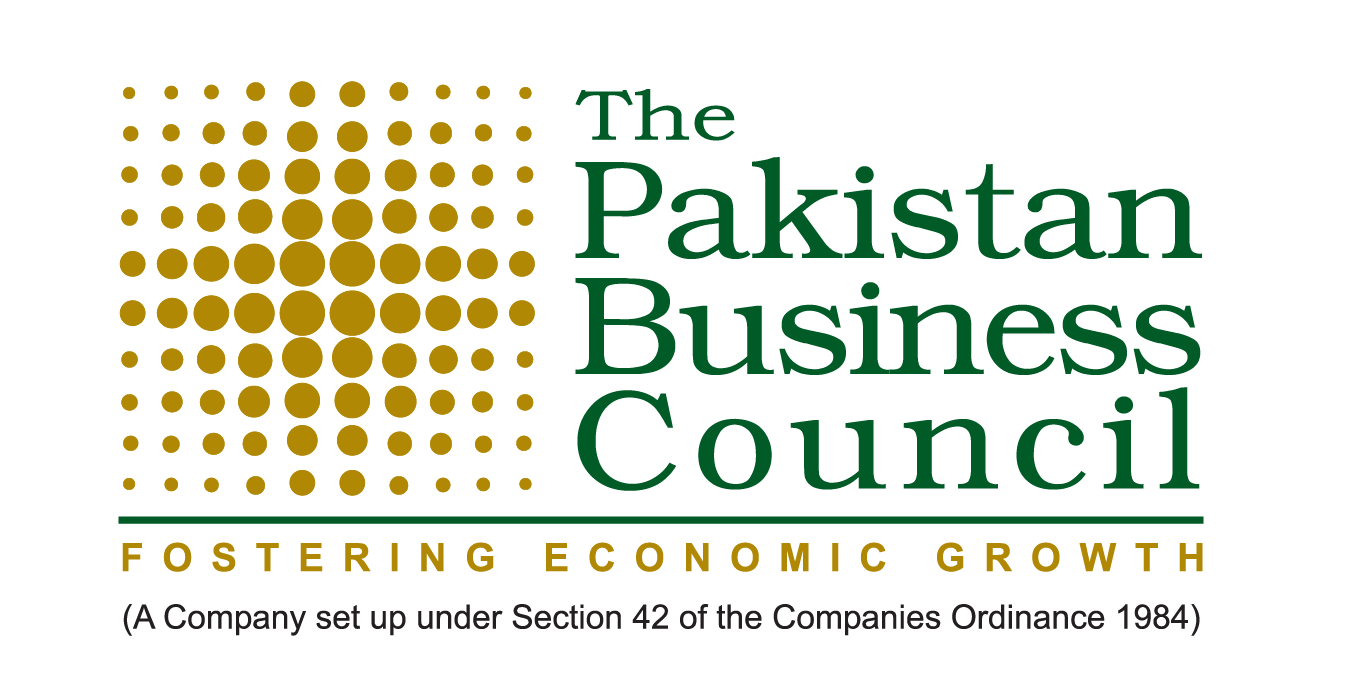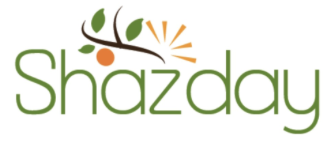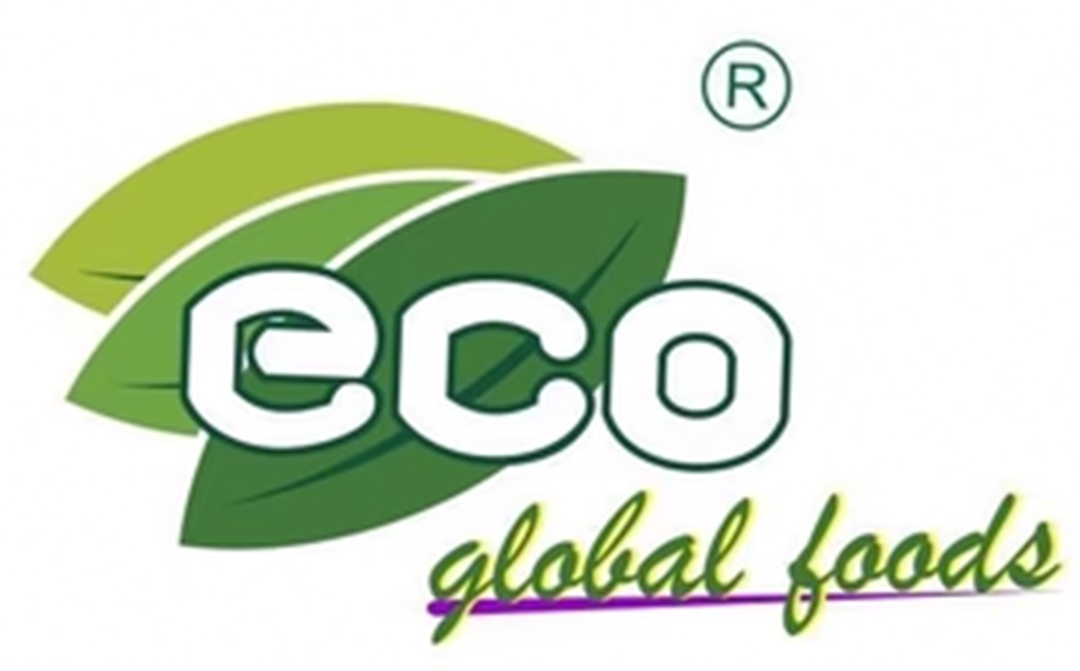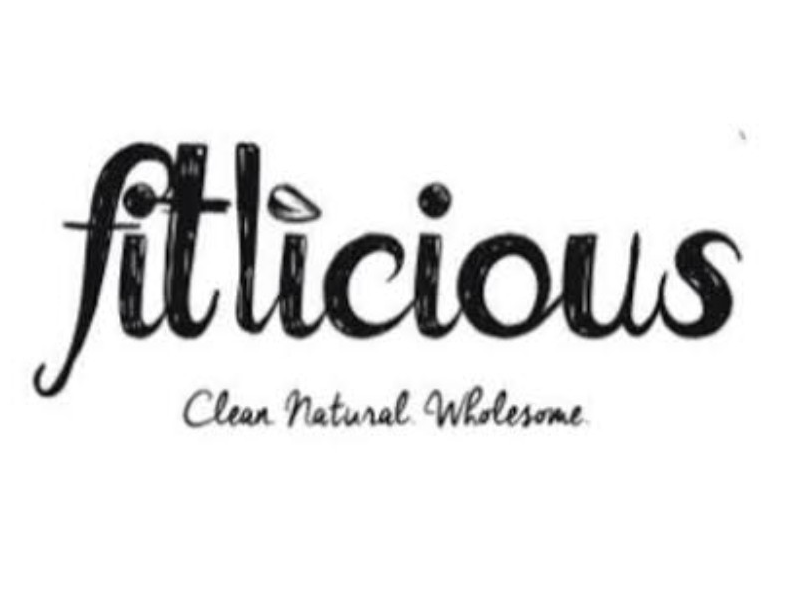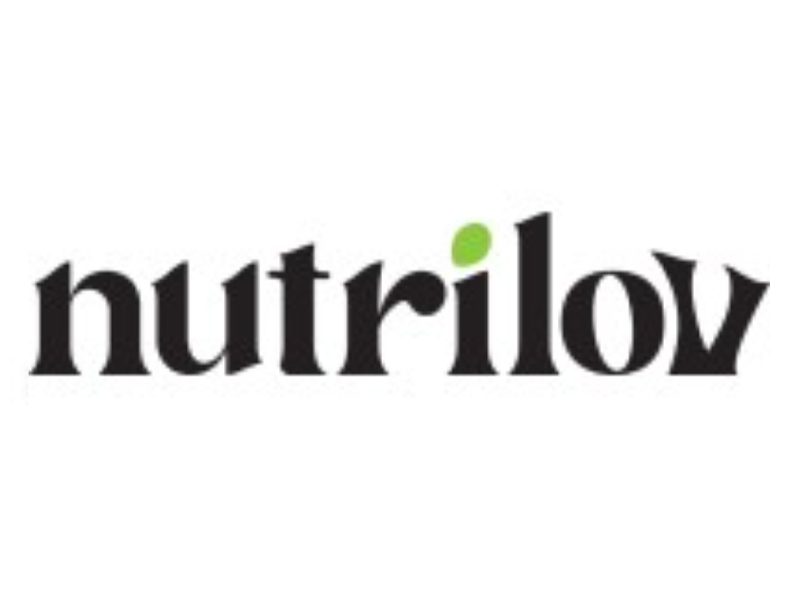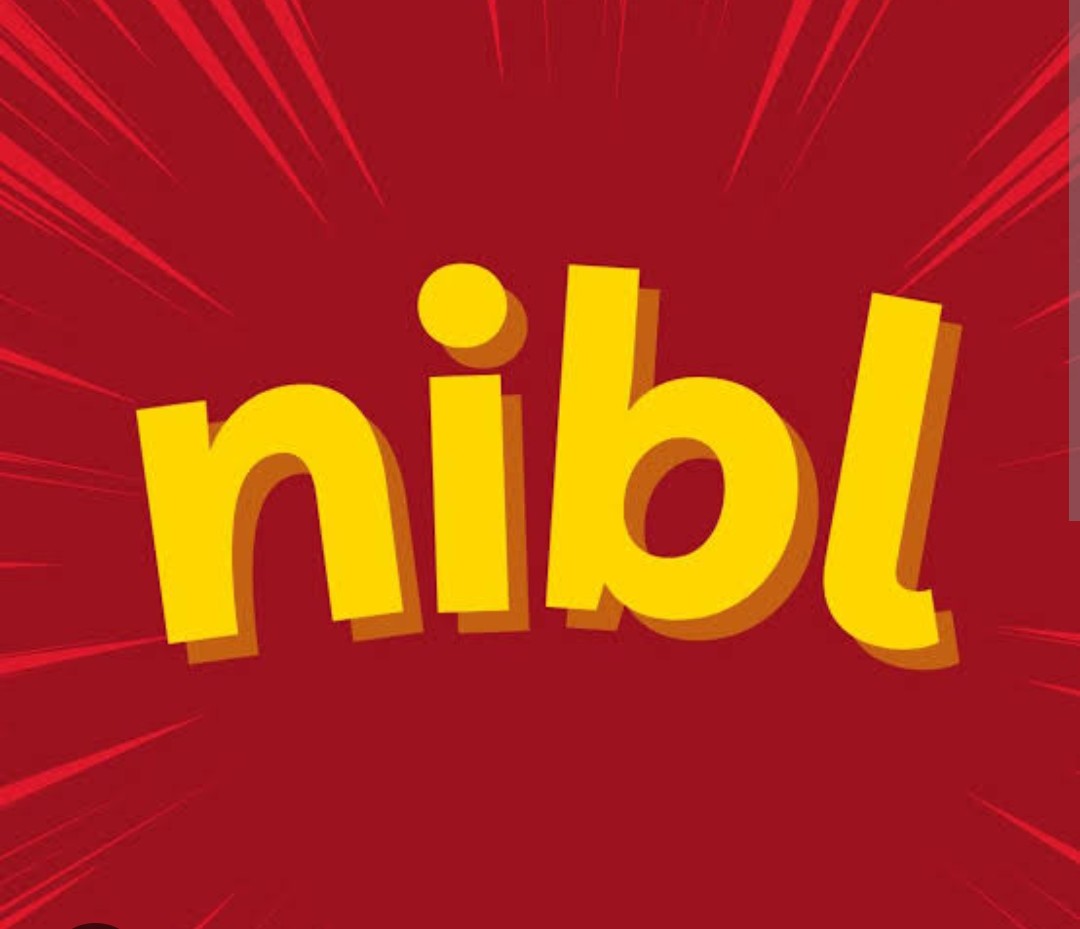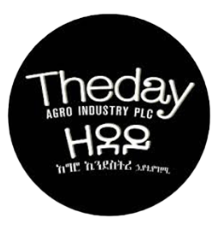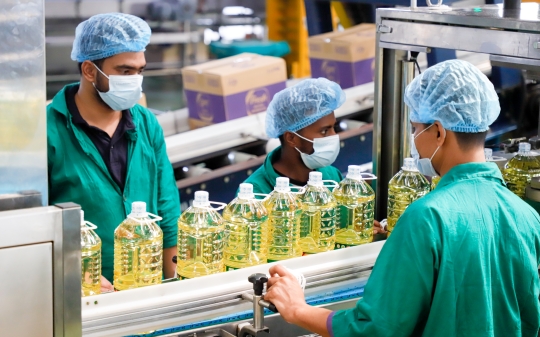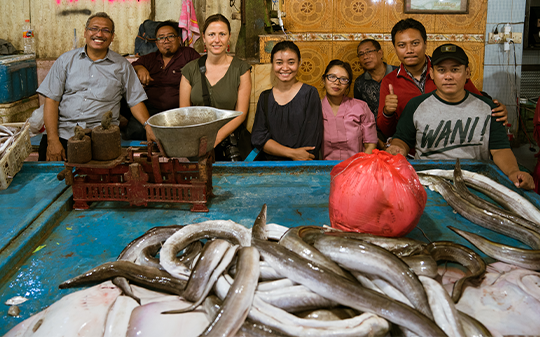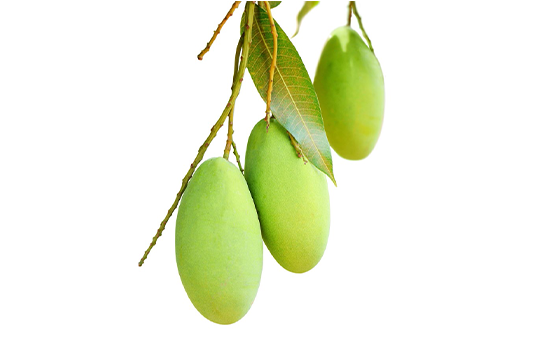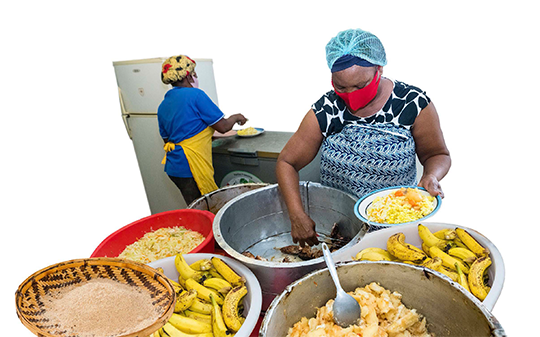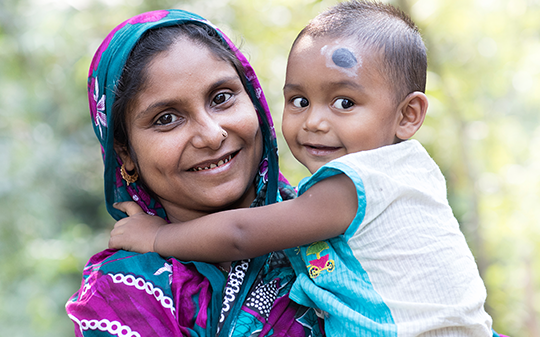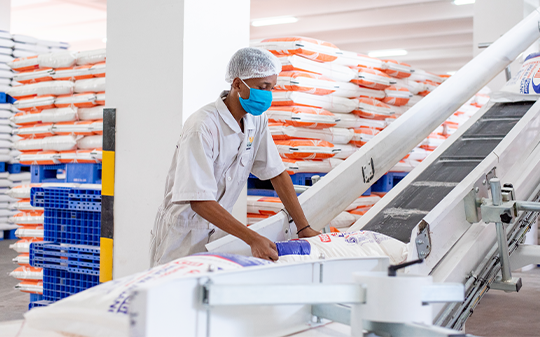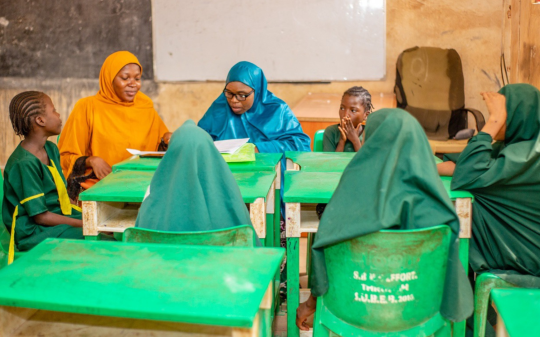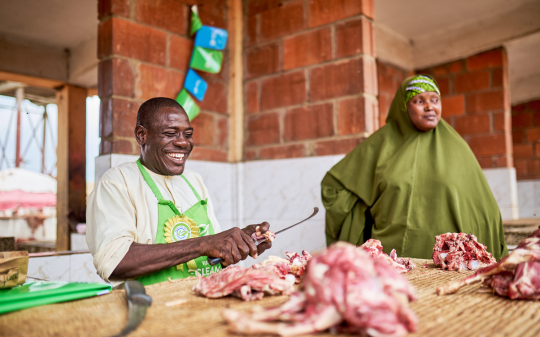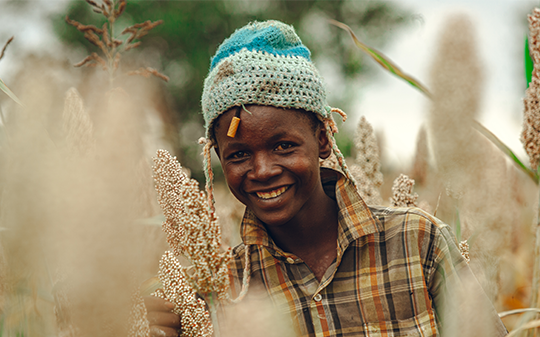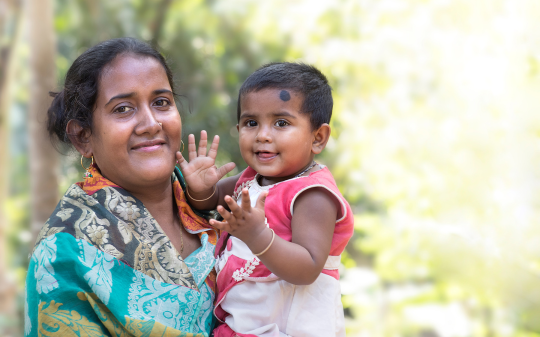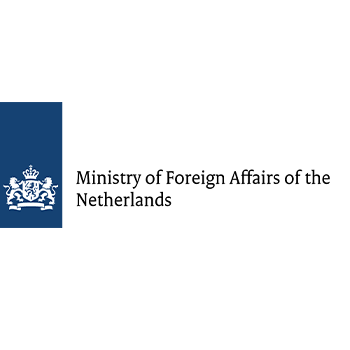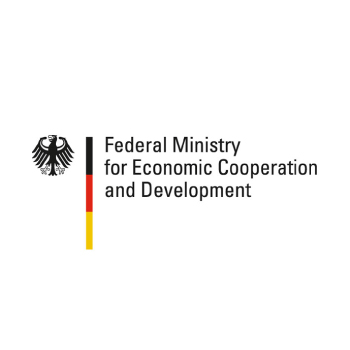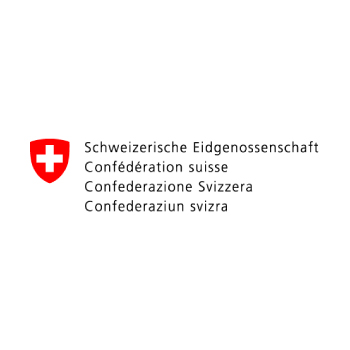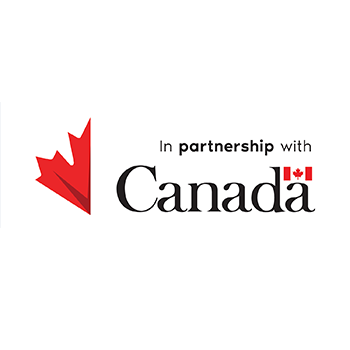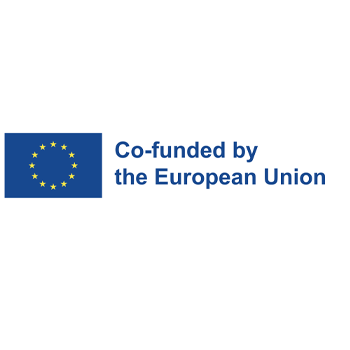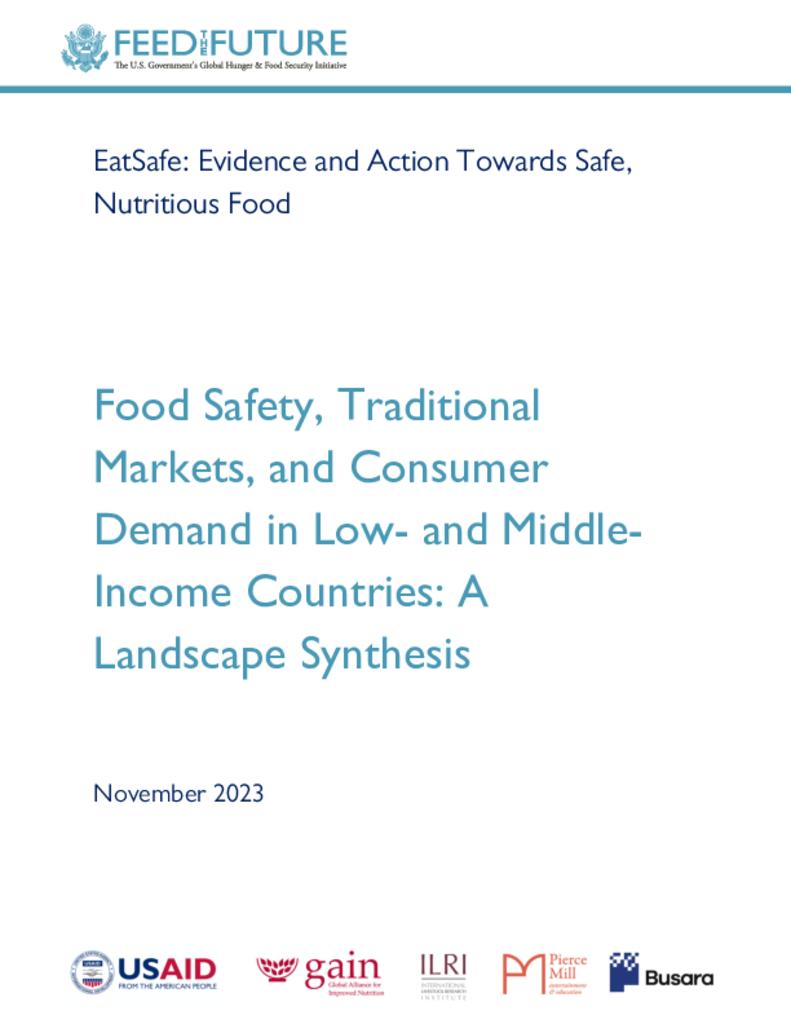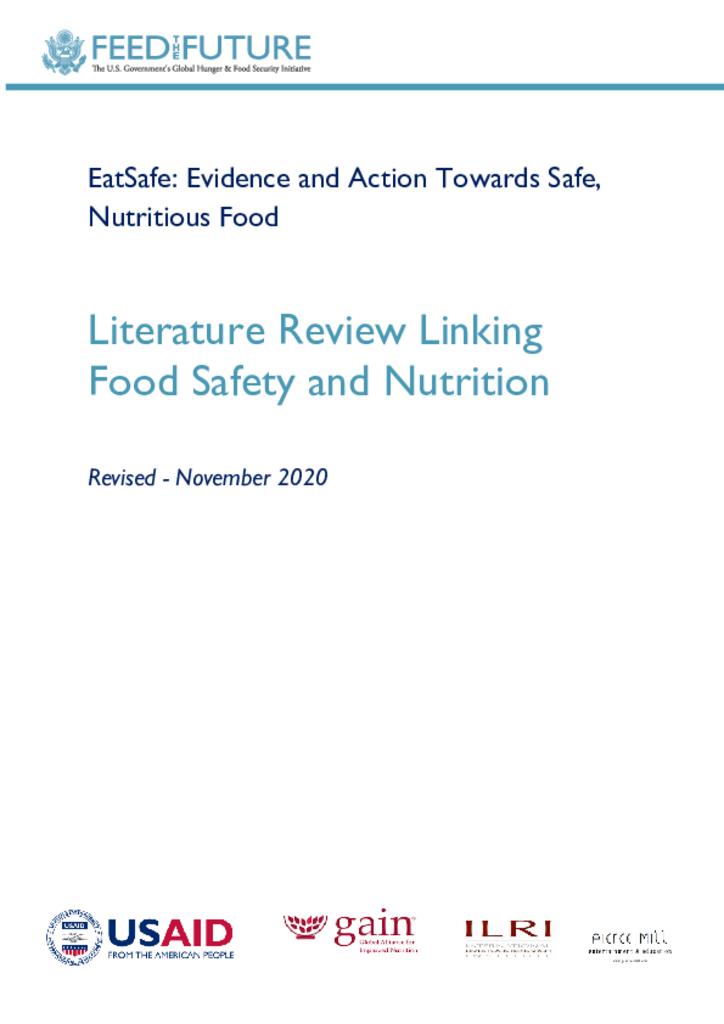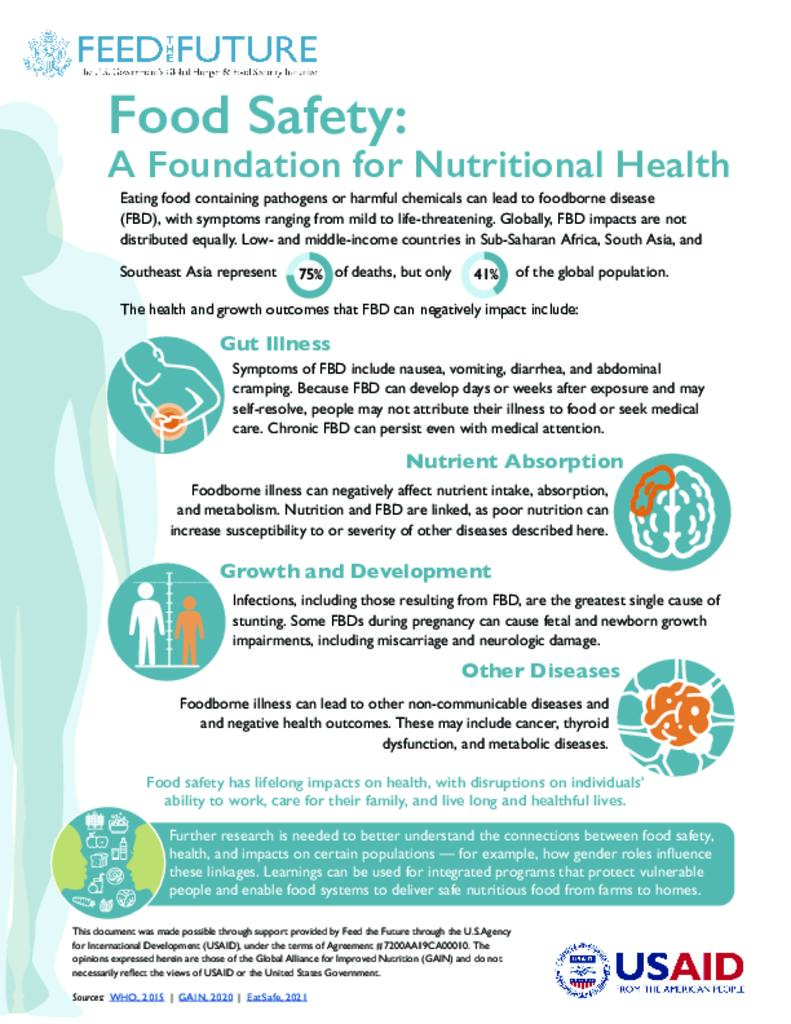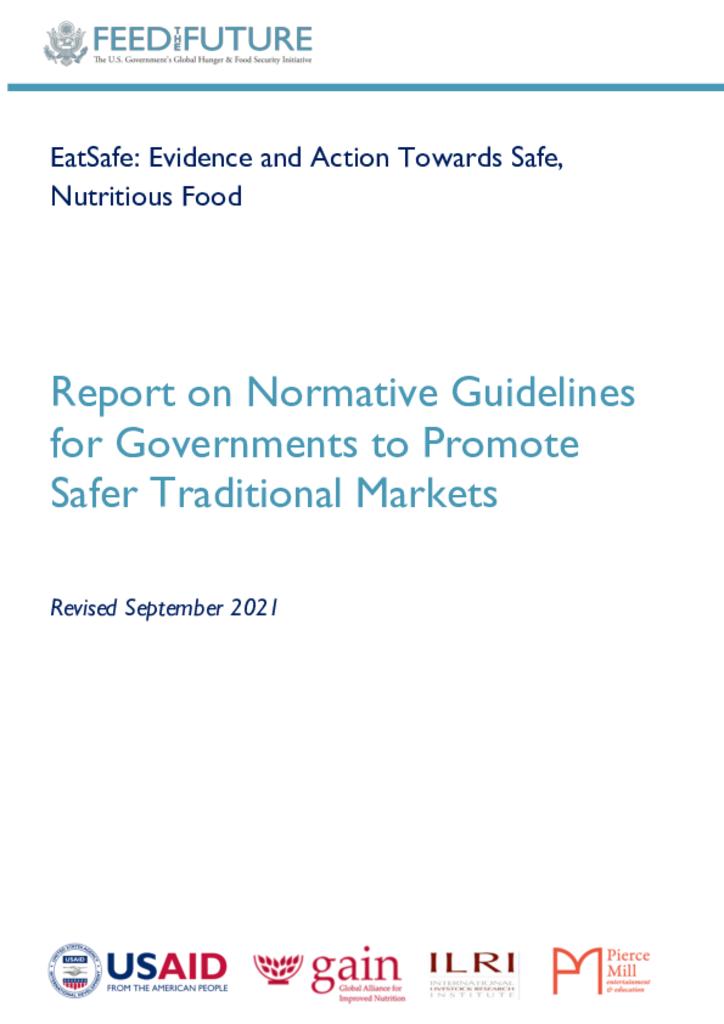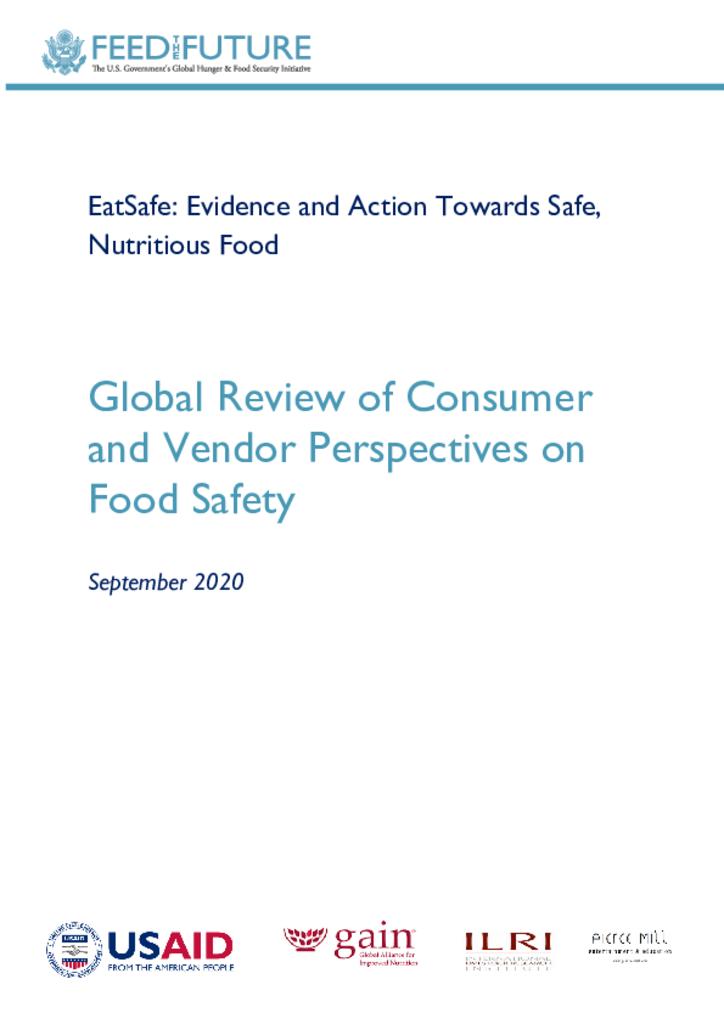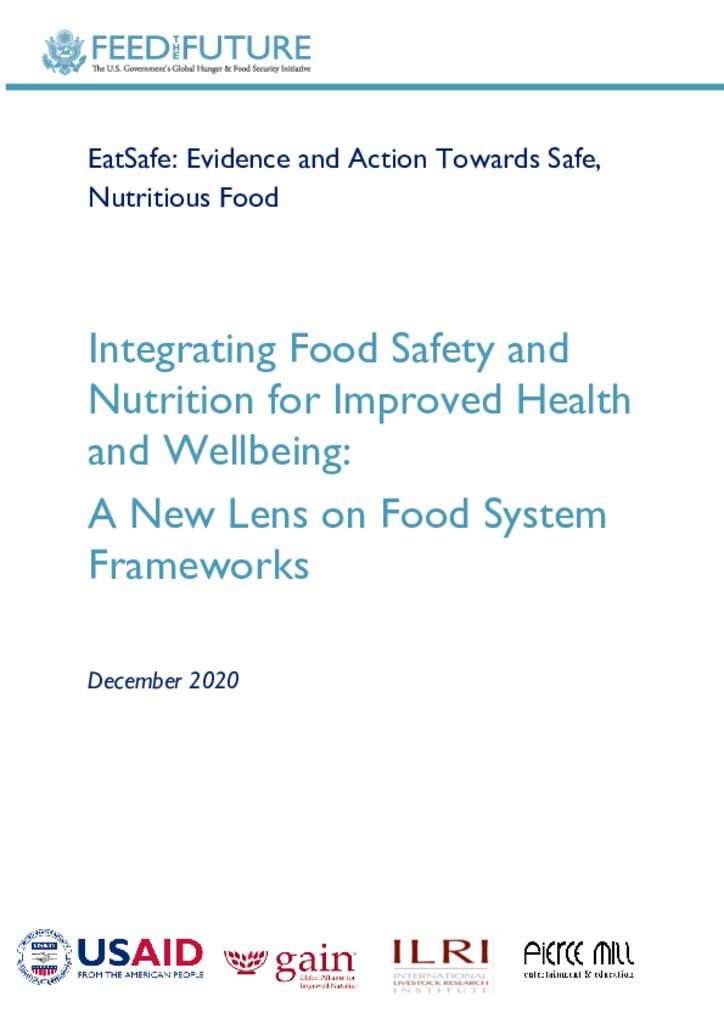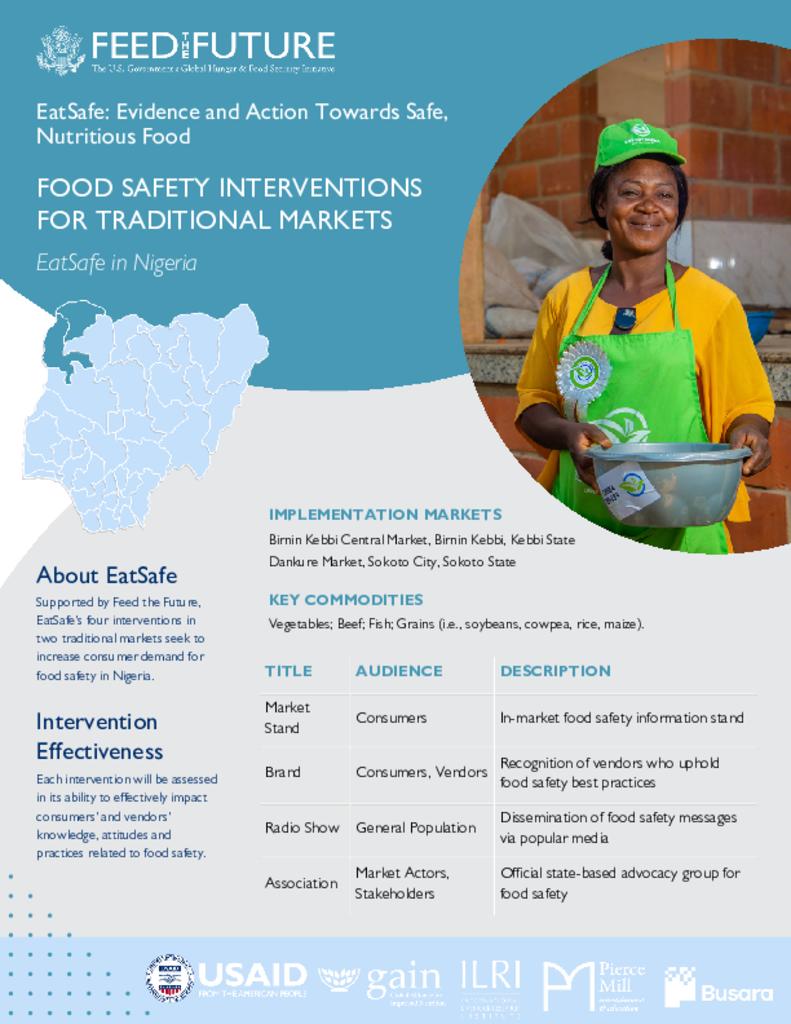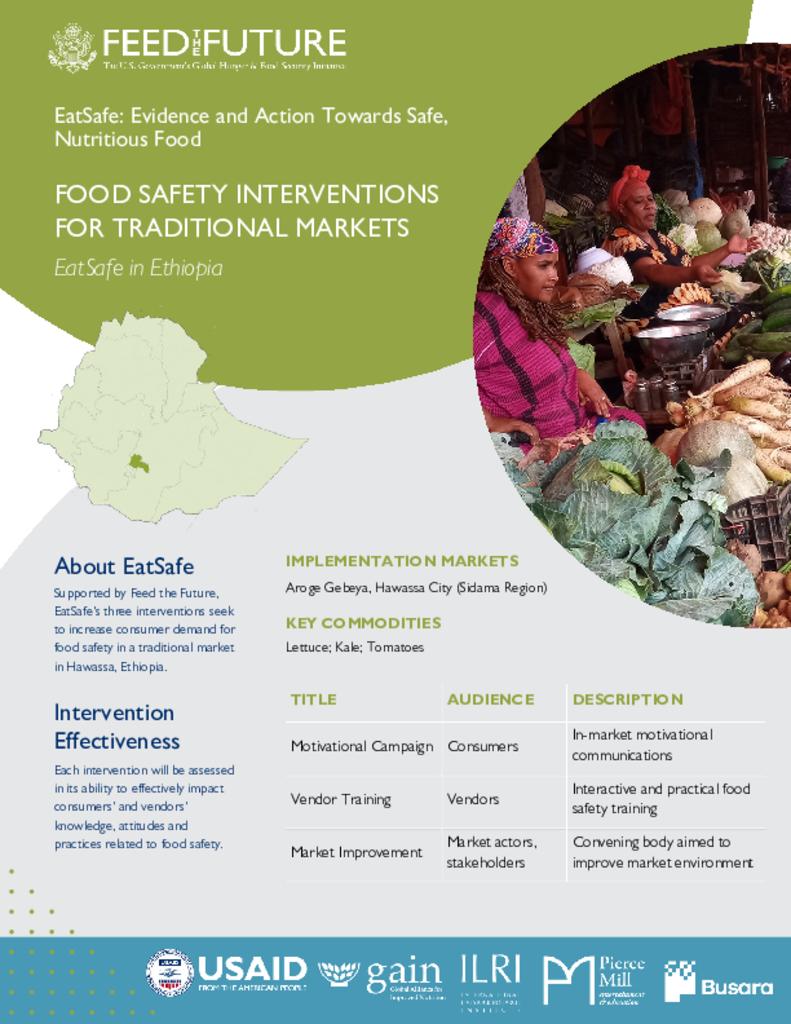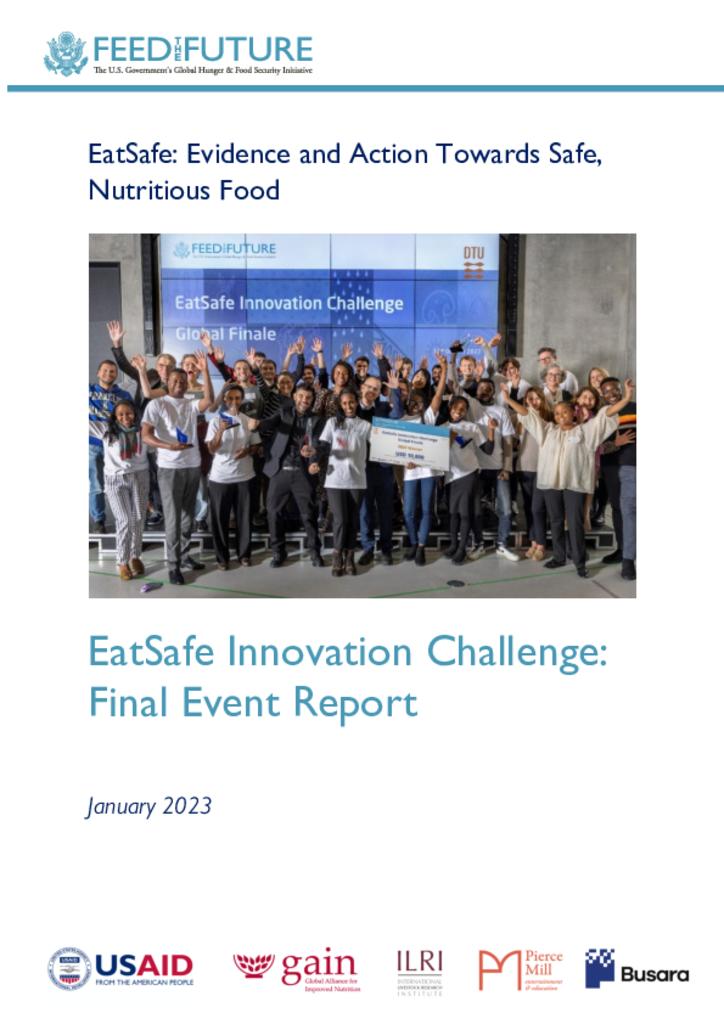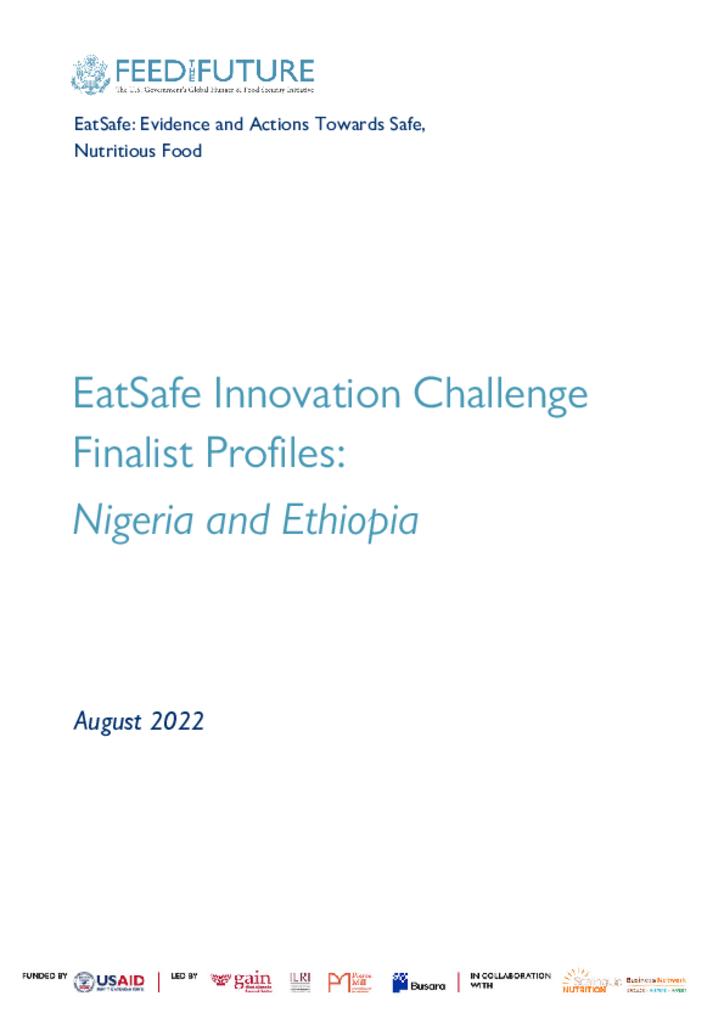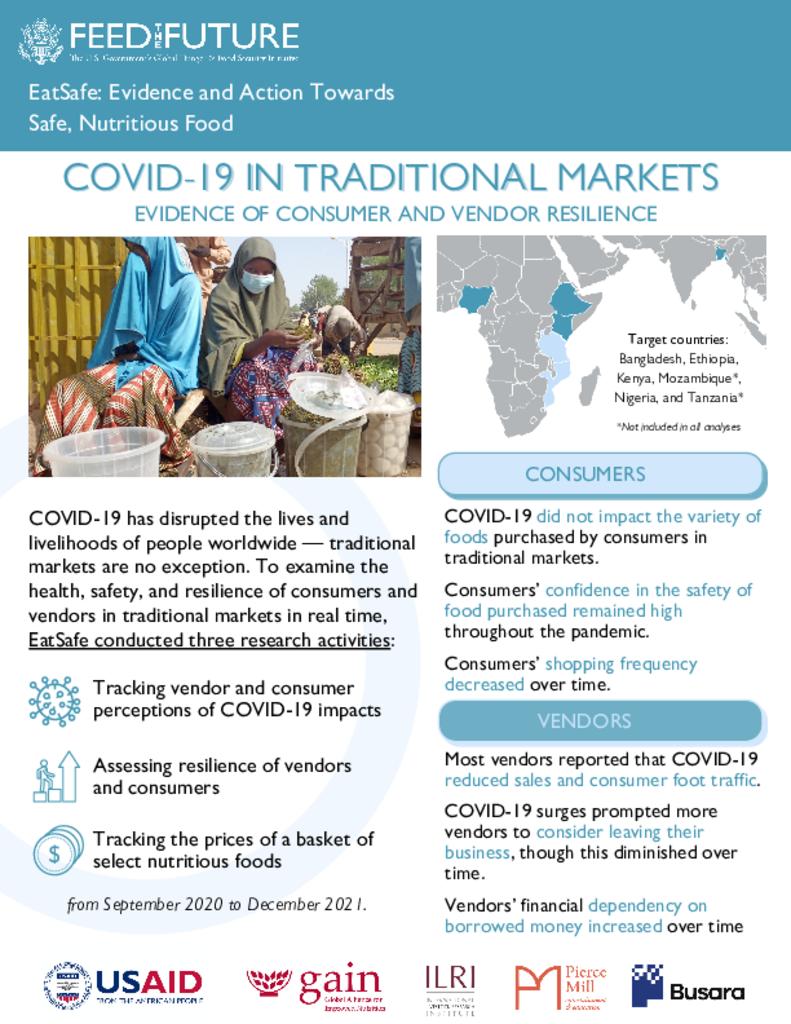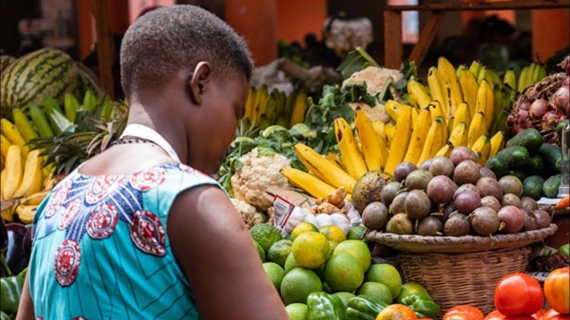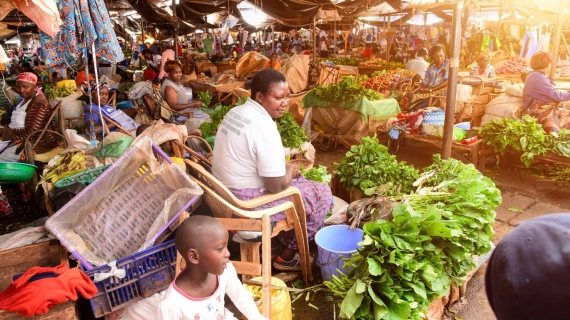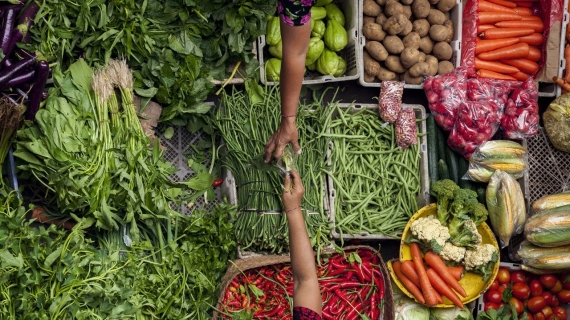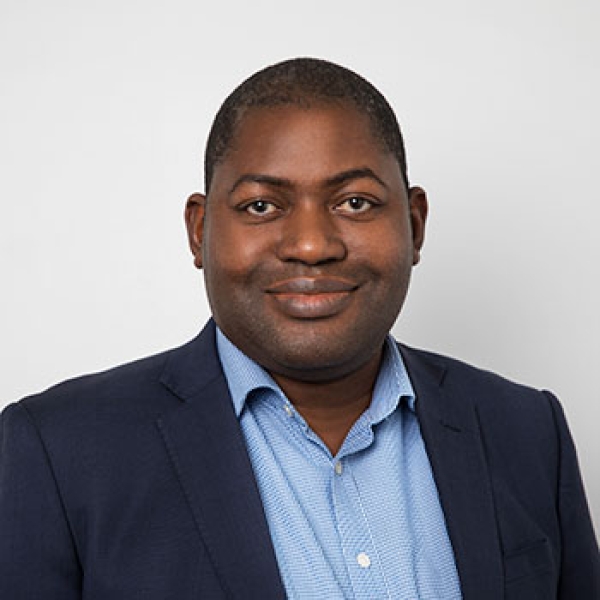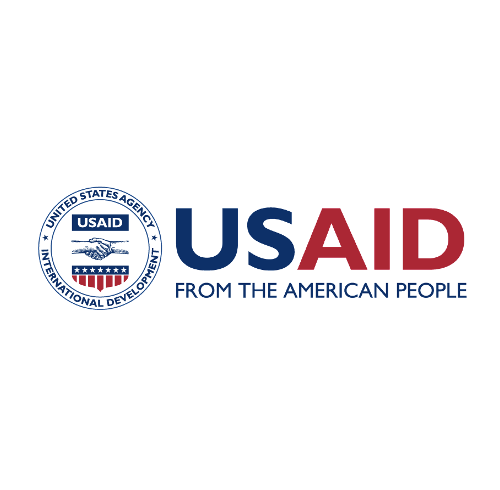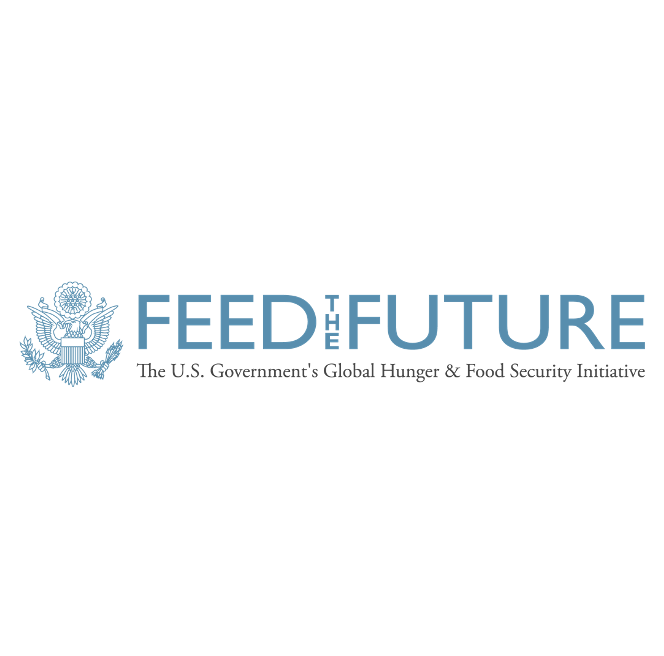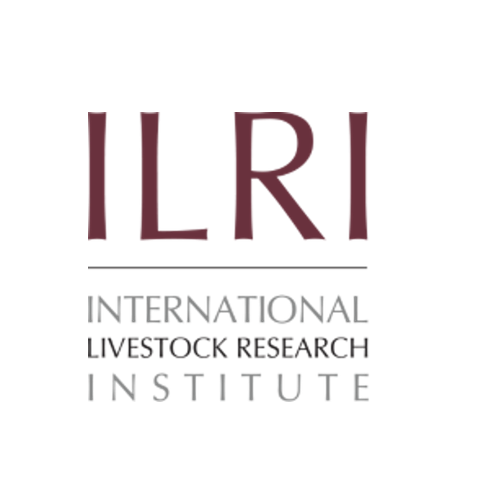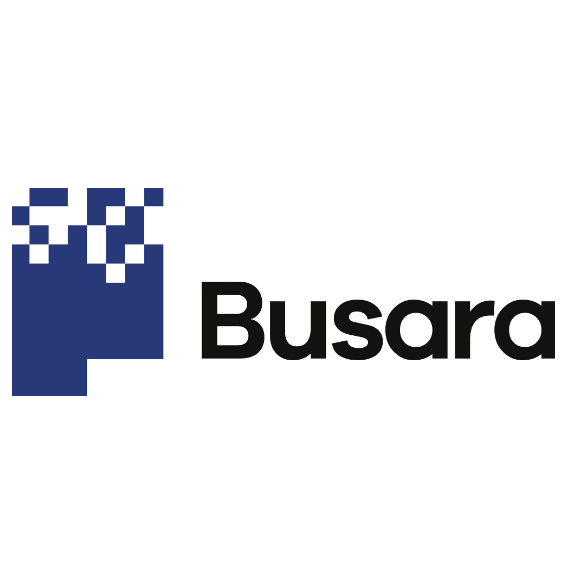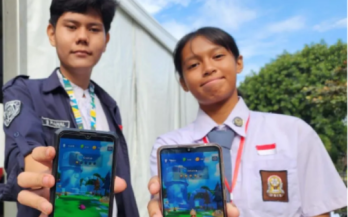

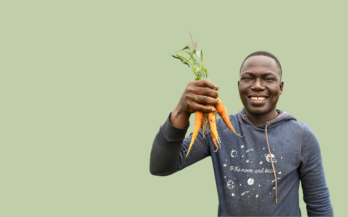
World Food Day
Global, Global
The world's farmers produce enough food to feed more than the global population yet, hunger persists. Up to 783 million people face hunger due to conflict, repeated weather shocks and economic downturns. This impacts the poor and vulnerable most severely, many of whom are agricultural households, reflecting widening inequalities across and within countries.Digital Fortification Quality Traceability Plus (DFQT+)
Developing country-driven digital systems for improving large scale food fortification quality and more
The Challenge
Fortification is a key part of the response to the crisis of malnutrition, adding one or more essential nutrients to widely and regularly consumed foods during processing.
This impactful and cost-effective intervention can reach billions of people by making commonly consumed foods more nutritious and vitamin rich. Current fortification programmes are often unable to meet government fortification standards due to a variety of issues such as training and lack of resources. Without support and engagement, many are unable to fortify their products to national standards, reducing the impact of fortification on micronutrient intake and disease prevention.
The Solution
Improving the quality and traceability across value chains.
For decades, various organisations have supported national fortification initiatives. Their efforts include accrediting the quality of micronutrient premixes and building the capacity of industries, labs, and government regulators.
These initiatives have achieved considerable progress and culminated in the development of a country-owned, digital, user-friendly system that enable mills and authorities to generate, govern, share, and utilise real-time, accurate, secure, and traceable data on food fortification quality from factories to markets.
Program Vision
To revolutionize global food fortification by providing an adaptable traceability solution that empowers all stakeholders to ensure the delivery of more nutritious food to every consumer.
The country-driven digital solution fosters real-time data sharing, transparency, trust, efficiency, and accountability across the entire food system value chain, enabling healthier populations.
Consistent and actionable data on quality of fortified foods is critical to ensuring programmes can reach their potential public health impact. The DFQT+ system enables stakeholders to track micronutrient quality throughout the entire value chain, starting from the initial components and materials—such as premix and micronutrients—down to the final product, ensuring quality is maintained at every stage.
DFQT+ systems will equip fortified food producers to;
- Provide proof of quality and social impact
- Market a high-quality product to consumers, increasing profitability and brand loyalty.
- Improve inventory management, reducing waste and preventing stockouts.
- Course-correct in real-time, improving efficiency.
- Ensure procurement of quality premix and a final product that is fortified to meet national standards.
- Map product distribution and improve understanding of the market.
Digital DFQT+ systems will equip governments to;
- Strengthen oversight of fortification quality
- Make data-driven decisions about the use of public resources.
- Reassure consumers regarding product quality and truth in labelling.
Access to a supply chain trace can provide insights into where quality is failing
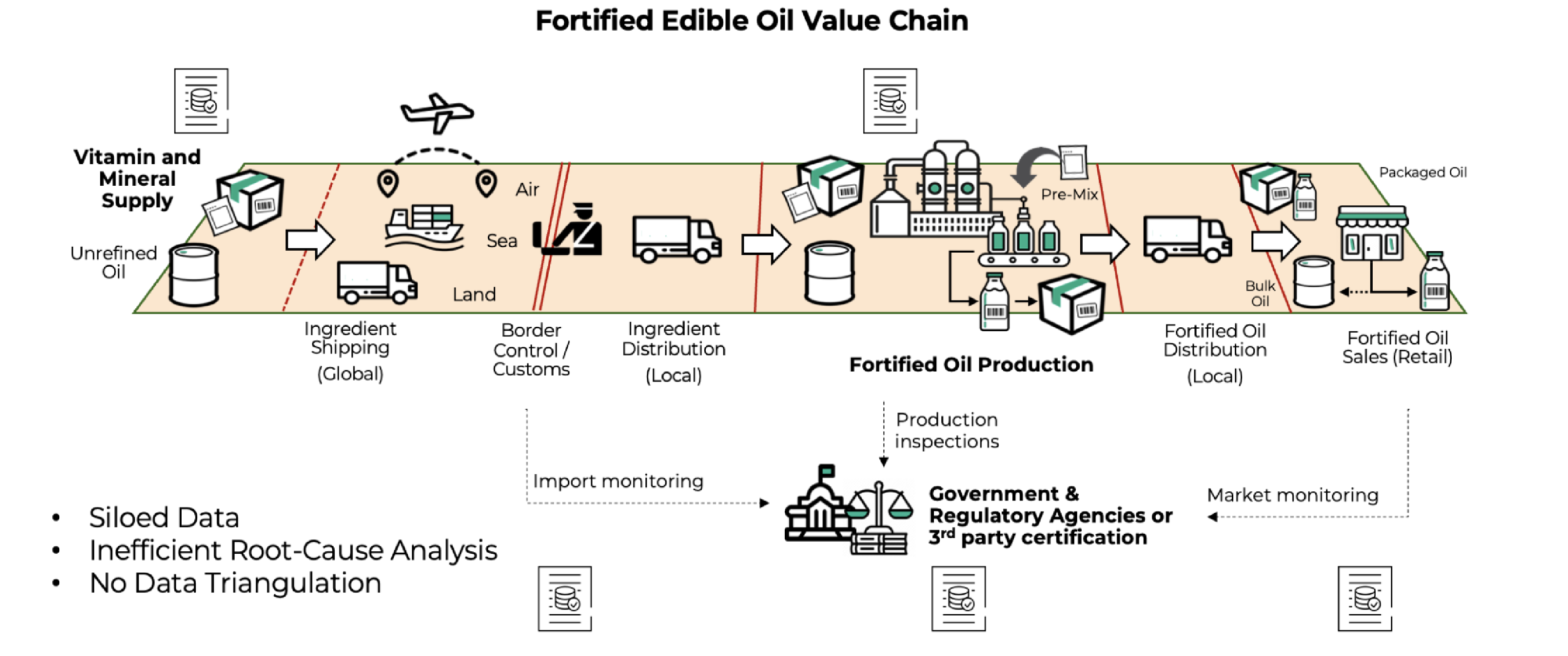
Our Theory of Change

Dashboard of DFQT+ presents data from multiple sources in a single view allowing users to access important metrics quickly and track performance using key indicators
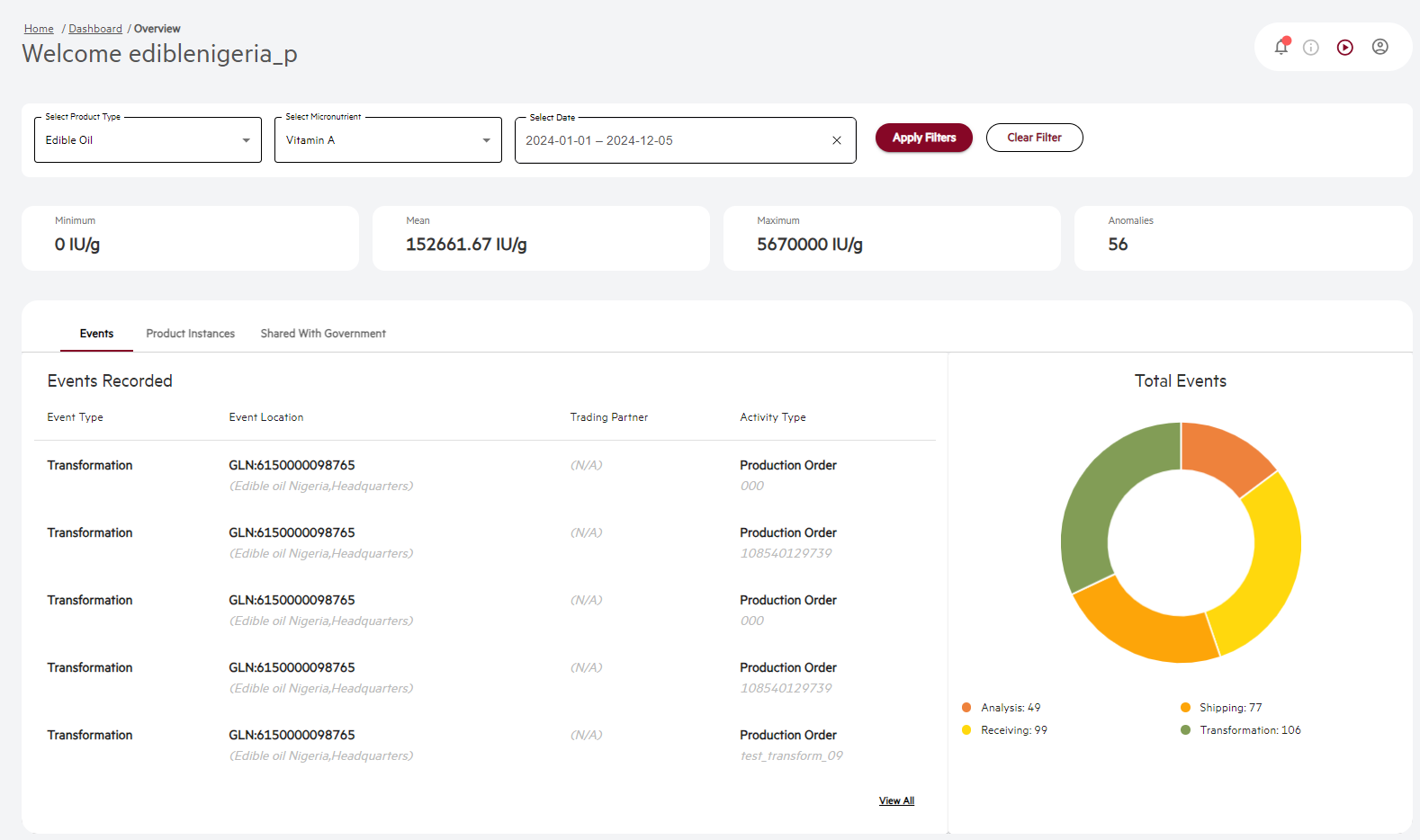
Pilots and Scale-Up
Between 2022 and 2025, GAIN is leading a consortium of technical experts to pilot and scale up digital traceability systems for food fortification quality in 3 countries: Bangladesh, India, and Nigeria. The system solution is not limited to a single country or even food; it can be adapted to trace quality or other attributes of interest across any value chain (for example, elements of food safety).
Adopting an iterative, agile approach, the DFQT+ system is co-designed with private and public partners in each country. This project rejects a one-size-fits-all approach. Local champions of digitisation are playing a crucial role in driving change from the ground up.
By co-creating digital systems with local refiners and public employees, GAIN aims to balance standardisation with customisation, ensuring that all stakeholders benefit from the shift from a manual to a digital traceability and quality control system.
Contact
Florencia Vasta
Programme Lead, Large Scale Food Fortification
Florencia provides support for country programmes through technical assistance, data, and resources to improve nutrition through scaling cost-effective nutrition interventions. She also supports countries and regional agencies with the development of strategic partnerships to achieve nutrition commitments.
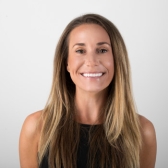
Florencia Vasta
Programme Lead, Large Scale Food Fortification
Download
- Nigeria to lead globally in developing a digital solution to guarantee nutritional… (0.1 MB)
- Changing Nigeria’s future - a digital solution to guarantee nutritional quality of staple… (0.1 MB)
- How large-scale food fortification will define Nigeria’s future (0.2 MB)
- Fuelling a performance leap with digitized quality assurance (0.1 MB)
Our Stories
- Stakeholders champion digital solutions to guarantee Nigerians access to nutritional…
- 'Direct path to longer, healthier lives’ gates foundation, fg set to digitalise food…
- Gates Foundation, FG to Digitalise Food Supply in Nigeria
- Stakeholders champion digital solutions to guarantee Nigerians access to nutritional…
- Nigeria to lead global drive in developing digital solution to guarantee nutritional…
- FG calls for rice fortification as GAIN, Gates Foundation launch new digital strategy
- 'Nigeria Will Lead Globally In Developing Digital Solution To Nutritional Quality Of…
- Nigeria Leads Global Effort to Guarantee Nutritional Quality of Staple Foods.
- AGRICFortified food producers can transform health of Nigerians — GAIN
Video Resources
NTA Reports on New DFQT+ Fortification Traceability Platform
Arise News: Launch of the DFQT+ Digital Fortification Traceability Platform
GAIN Nordic Partnership:
Enhancing Nutrition through Multi-Sector Collaboration
Established in 2014, the GAIN Nordic Partnership serves as a pivotal multi-sector platform dedicated to improve sustainable assess of nutritious foods to low-income consumers.
This partnership leverages the strengths of private companies, government agencies, civil society organisations, and universities to create scalable, inclusive business models. Our ultimate goal is to deliver nutritious, safe, tasty, and affordable products to vulnerable groups most at risk to malnutrition. Responsible Business Conduct (RBC) and co-development for local context are cornerstones approaches for the GAIN Nordic Partnership. All product concepts are open source, and the partners encourage other companies to be inspired by these solutions and adapt them to their own processes and markets. SUN Business Networks in the various countries are key to ensure enhanced reach to SMEs for the benefit of their growth and provide good nutritional alternatives to low-income consumers.
Founding Partners and Support
The founding members include Arla Foods Ingredients (AFI), the Danish Industry (DI), DanChurchAid (DCA), Tetra Pak, and GAIN, with financial and technical backing from private foundations, government development agencies. Local and global private companies invested in the projects.
Initiatives
Our work in Ethiopia, Tanzania, Pakistan, and Zambia develops sustainable supply chains for nutritious and affordable food products. The focus until now has been on dairy-based products and dried fruits to prevent waste.
Tanzania
Access to Better Dairy Project
Project period: 2 years (2022 – 2023)
Like in many developing countries, a large part of the Tanzanian population suffers from micronutrient deficiencies and has limited access to nutritious and affordable foods. Tanzania is experiencing a growing demand for dairy products, an opportunity to improve the nutrition status of the growing population (3% annual increase). Enthused by earlier work of the key global partners in Ethiopia, where the first-ever fortified yoghurt standard was developed, a consortium of international partners was established in 2021 to support commercial and for-profit partners to develop an affordable fortified yogurt in Tanzania. The consortium includes Galaxy Foods (Kilimanjaro Fresh), Global Alliance for Improved Nutrition (GAIN), Arla Foods Ingredients (AFI), Promaco, DSM, and the Scaling-up Nutrition Business Network (SUN) in Tanzania, in close collaboration with the Tanzanian Dairy Board and Tanzania Bureau of Standards. The project supports the following UN Sustainable Development Goals (SDGs): 2 “End Hunger,” 8 “Decent Work and Economic Growth,” 12 “Responsible Consumption and Production,” and 17 “Partnership for Goals.” Today, there is a standard on fortified yogurt and a fortified yoghurt drink targeting children, thanks to the project.
Partners
Video
Resources:
Download the Fortified Yoghurt Project Brief
Pakistan
Whey2Value Project
Project period: 5Years- 2024 - 2029
In a recent study, data collected from 68 cheese processing units, including 21 commercial producers, 16 SMEs, and 31 cottage units in cities of Punjab Province, Pakistan, indicated that Annual whey production: is 442 million liters/annum, out of which 257 million liters (58.14%) of whey is being wasted.
The Whey2Value project aims to “valorise dairy waste streams to reduce environmental impact and support sustainable business growth and improved human health/nutrition”. By the end of the project timeline, we will have i) reduced environmental strain caused by dairy processors; ii) increased sustainable and responsible economic growth and new job creation for women and youth in the dairy value chain; and iii) improved consumption of nutritious whey-based products by vulnerable populations. The outcomes are well aligned with the national development objectives of addressing malnutrition, environmental sustainability, and promoting the growth and development of the dairy sector (Pakistan Vision 2025, Multisectoral National Nutrition Strategy, National Climate Change Policy, Dairy Development Plan).
Partners
Additional Resources:
Dairy Sector Innovation in Pakistan
Economic Growth through Fruit Transformation Project
Project period 1 year (2024 – 2025)
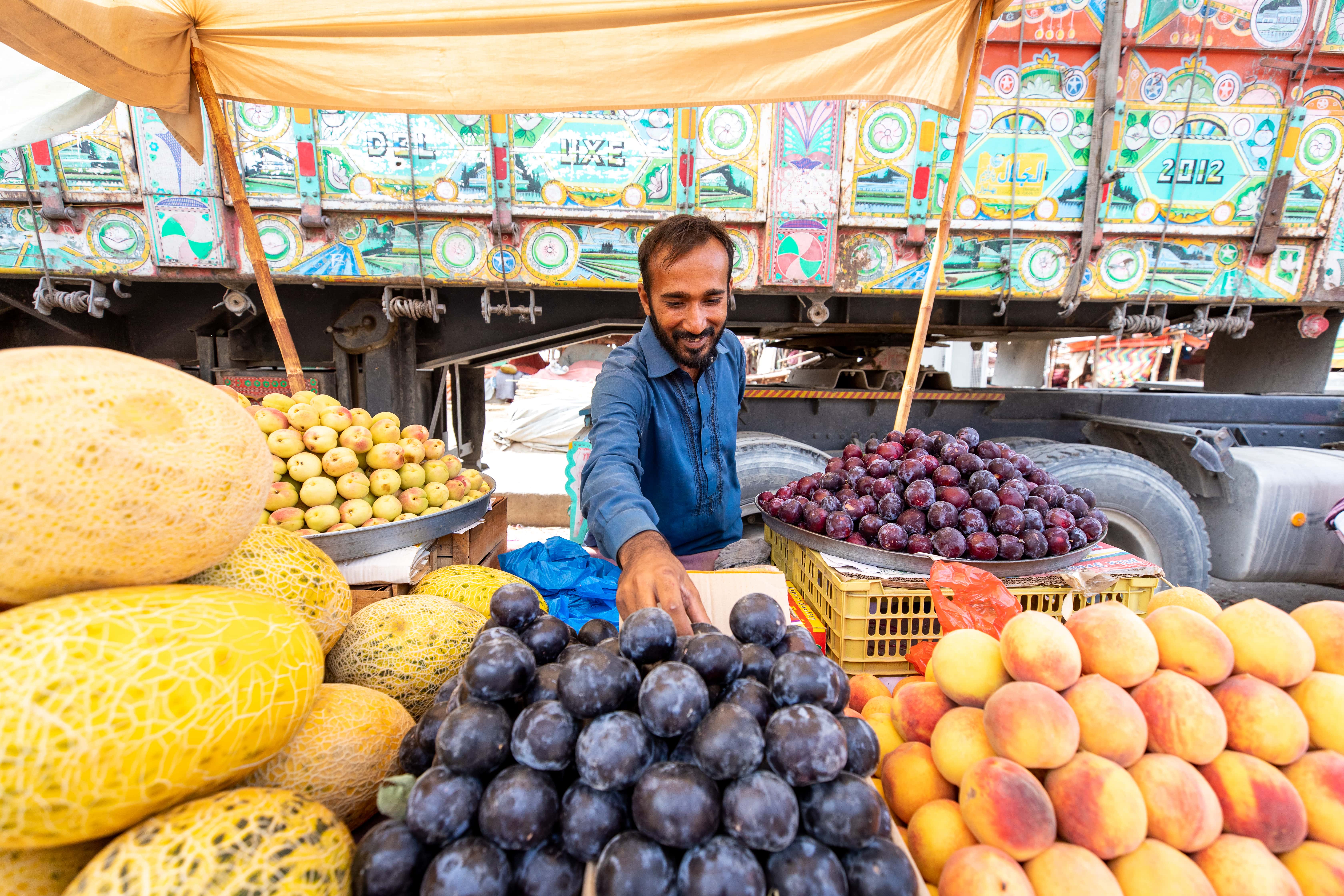
Much of Pakistan's fruit processing industry operates within the informal sector, characterized by small-scale operations, traditional methods, and limited access to modern technologies. These practices often result in inefficiencies, higher post-harvest losses, and limited product quality control. Market access and value addition are constrained, impacting income opportunities for smallholder farmers, particularly women. The Nutritious Fruit Bar Project was launched in April 2024 in collaboration with local food processing companies with the technical assistance of Arla Food Ingredients (AFI). The initiative aims to address the high post-harvest losses in apricots and dates by introducing environmentally friendly and sustainable processing techniques in transforming surplus produce of these fruits into value added fruit bars. GAIN coordinates activities between all partners. Ten fruit processing companies have been mobilized and equipped to produce protein balanced fruit based bars).. By fostering partnerships with global and local stakeholders through SBN, the project will scale operations to empower more businesses to adopt the innovation in Pakistan.
Partners
Resources:
Ethiopia
Growth through Fruit Transformation
Project period: 2021 – 2025
The Ethiopian population will nearly double by 2050. This, along with income growth, will lead to an increase in demand for processed food products. Agriculture is the key driver of the economy, responsible for 41% of GDP and 80% of employment, and papaya is the Ethiopia’s fourth most popular fruit. More than 890,000 farmers currently grow papaya.
Partners
GAIN Access to Better Dairy
Project period: 2017 – 2023
Only 7% of Ethiopian children aged 6-23 months meet the minimum acceptable dietary recommendations. Even in suburban areas, stunting is still as high as 25%, and the prevalence of anaemia is 49%. Women and children are particularly vulnerable. The lack of access to affordable and processed dairy products among low-income segments in Ethiopia is mainly because only 5% of farm milk reaches the formal market via professional dairy factories. Most of the milk produced is thus consumed by the farmers and their families, sold as raw milk, or lost. Milk loss is mainly due to inefficiencies within the dairy value chain in Ethiopia. 20-35% of the milk produced gets spoiled due to the lack of cold chain management, and a poor infrastructure for milk collection. Additionally, Ethiopia has a long-standing tradition of consuming multiple kinds of yoghurt from raw milk. Traditionally, yoghurt is called “ergo.” Until recently, only plain yoghurt was produced in the country. But now, different kinds of packed and sealed fortified and flavoured yoghurts from a variety of producers can be found on the shelves of food markets in Addis Ababa, targeting specifically children and lactating women within low and middle-income families.
Partners
Resources
Zambia
Nutrition for Zambia Project
Project period: 3 years (2018 – 2021)
Zambia is facing significant challenges in terms of chronic malnutrition and micronutrient deficiencies. At the same time, obesity is on the rise. Dairy products are locally available, but the current dairy-drink options on the market are filled with non-nutritious ingredients. This situation compelled the partners to work together to develop an ultra-high temperature processing (UHT), dairy-based nutritious drink.
The drink is produced from local milk and is fortified with key vitamins and minerals missing from the diet of many Zambians. It is designed to be nutritious, affordable and desirable for low-income consumers and the commercially sustainable business model has the potential to be replicated and scaled in other countries and markets.
Partners




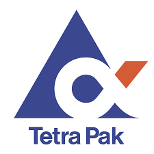
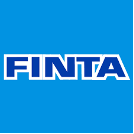
Resources
Download Milky Boost Project Brief
Contact
Onno has been working as a humanitarian and development professional for over 20 years managing programmes and operations in some of the world’s most challenging contexts. Most recently as Country Director for Save the Children in Afghanistan and Bangladesh
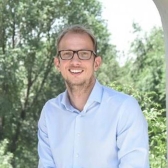
Onno van Manen
Head of GAIN Netherlands
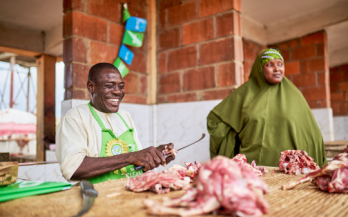
To prepare safer food… be prepared for the unexpected
We expect to be eating peanuts, not extreme amounts of aflatoxins, and chicken but not E. coli. We expect that our salads are washed with clean water, and that the person who prepared the salad first washed their hands. We cannot, however, always assume the expected and thus need to be ready for the unexpected. Unexpected events can take the form of natural disasters, such as earthquakes or floods. They might also come from power cuts or amid sudden political change. Such events can disrupt food availability, accessibility and safety, leaving us exposed to increased levels of unsafe food.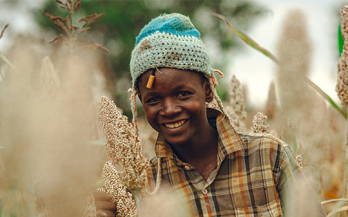
Stepping Forward: Strengthening policy coherence to improve Kenya’s food systems
All around the world, countries have recognised their food systems need to change, for the health of people and planet. From a national political perspective, this transformative journey hinges on robust government policy frameworks. Government can and must lead in changing the landscape to banish malnutrition and boost healthy diets. The Kenyan government’s ongoing review of the National Food and Nutrition Security Policy exemplifies its commitment to doing just that.
Global Alliance for Improved Nutrition Statement on Climate Change and Health at WHA77
The two-way relationship between food systems and climate creates opportunities for action contributing to climate mitigation, adaptation, resilience, and human health co-benefits, alongside a range of positive socioeconomic outcomes, making food systems transformation for nutrition and climate a key strategy to accelerate progress towards the Sustainable Development Goals (SDGs) and the Paris Agreement.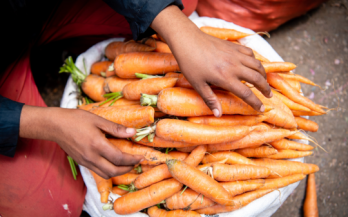
Global Alliance for Improved Nutrition Statement on Food Safety at WHA77
At the 77th World Health Assembly in Geneva, Global Alliance for Improved Nutrition (GAIN) voiced its support for the WHO Global Strategy for Food Safety and reducing the risks in traditional markets.Nourishing Food Pathways
Nourishing Food Systems Pathways strengthens government-led food system policy design, alignment and, delivery.
Nourishing Food Pathways is an ambitious programme that seeks to accelerate progress towards The Sustainable Development Goals (particularly SDG2) by supporting inclusive and coherent food systems transformation in ten countries.
This programme builds on work conducted during the UN Food Systems Summit, aiming to support and strengthen the design and delivery of national food systems transformation pathways. We will work with over one hundred partners across the eleven countries to deliver this programmes.
- Increase access to safe, nutritious food in an environmentally sustainable way.
- Strengthen in-country support systems to continue to develop and to deliver their national food systems transformation pathways.
- Provide inspiration and guidance to other countries and stakeholders as pathways are developed and implemented.
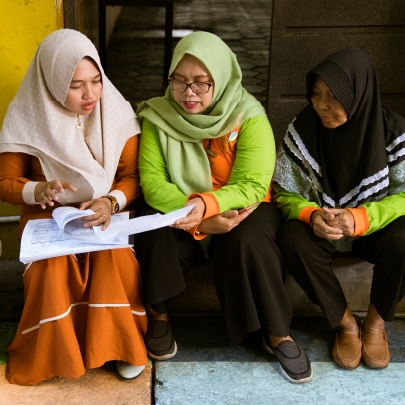
Workstream 1: Policy Coherence
This workstream is foundational and focuses on supporting governments to strengthen policy alignment and implementation across sectors towards food system goals.
GAIN is directly involved in planning work with lead ministries working on food system pathways. It will involve intensive, daily work under national government-led structures, together with government policy units and national think tanks and universities to develop, refine and implement the national pathways.
To support this process, we are developing a diagnostic tool to help stakeholders identify where there is food system-related policy incoherence between government agencies or ministries as potential entry points for alignment (where this is appropriate, desirable and feasible).
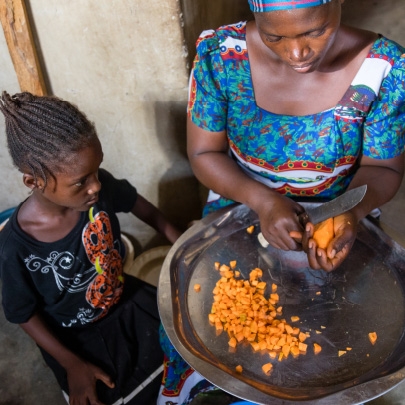
Workstream 2: Including Unheard Voices to Improve Decision Making
Youth, those working in the informal food sector and local-city governments need a greater voice to reshape the food systems that affect them. Women and girls are a key cross-section of this group.
This workstream focuses on including unheard voices in food system pathway development and implementation specifically youth and local stakeholders. Through girls’ youth groups, participatory action research will be conducted to better understand their experiences and priorities. Leveraging local leadership, traditional market committees and local governments will be supported to co-design inclusive governance mechanisms thatrecognises their interests and improves agency in the pathway design and implementation process.
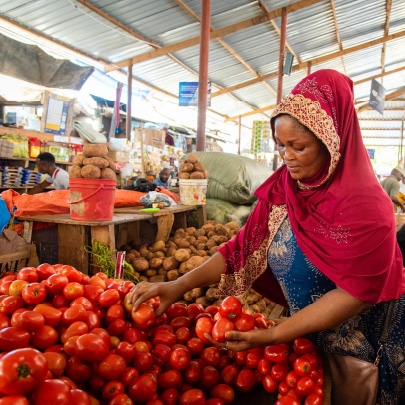
Workstream 3: Motivate and Empower Consumers to Shape their Food System
Here, we focus on motivating and empowering consumers to shape their food system through food culture alliances and social protection programmes.
Through local food culture alliances, we’re working with a diverse set of influential partners to shift consumer preferences towards nutritious and safe foods.
We’re also helping to improve the nutrition impacts of social protection programmes by promoting human-centered design approaches, reinforcing linkages with local food value chains, and advocating for more nutrition-sensitive social protection policies.
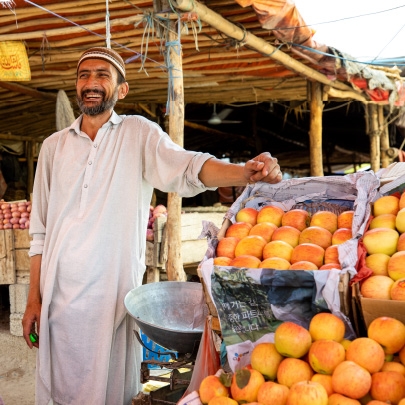
Workstream 4: Private Sector Finance
This workstream focuses on aligning and increasing private sector finance for food system transformation. It will involve four incentive pathways to support healthy diet goals within country food system pathways.
Firstly, We will work with businesses of all sizes to direct their investments to evidence-based actions to reduce hunger – through the Zero Hunger Private Sector Pledge.
Second, we will work to develop evidence based costed pathways towards healthier diets that the private sector can invest in.
Third, we will work to create incentives for businesses of all sizes to direct more of their investments to evidence-based actions that improve access to healthier diets, including the incorporation of nutrition considerations into Environmental, Social and Governance (ESG) standards.
Lastly, we will work with Development Finance Institutions (DFIs), seeking to create mechanisms that attracts private sector investment towards small and medium-sized enterprises (SME) that can contribute to improved nutrition.
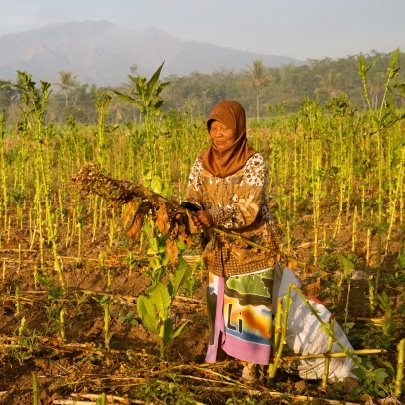
Workstream 5: Nutrition and Environment
The focus here is on connecting nutrition and environmental agendas within food system pathways, at a practical level, by looking for actions and business models that generate and support nutrition-environment synergies.
This will entail making plant sources of protein and micronutrients, such as legumes, fruits and vegetables, more accessible and desirable as well as exploring ways of maximising the nutritional impact of animal-sourced food production, while cutting greenhouse gas emissions (GHG).
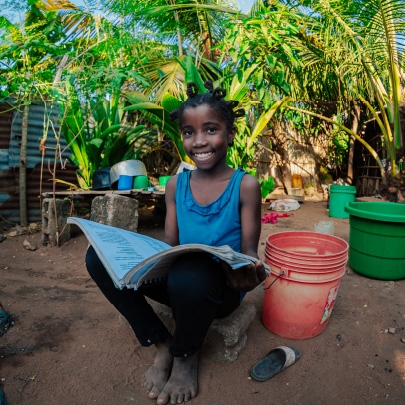
Workstream 6: Generate Evidence, Track Change, and Inspire Action
The last workstream focuses on assessing progress towards food systems transformation and documenting learning from the pathway development and implementation process.
Qualitative and quantitative approaches will be used to help us identify what food systems transformation looks like and how we know when it is happening. The development of subnational Food System Dashboards will support evidence-based food system policymaking, while Nutrition Connect will support knowledge mobilisation focused on public-private engagement in food systems. Lastly, the annual Countdown to 2030 Report will track the performance of key food system indicators for all countries to promote accountability in food systems.
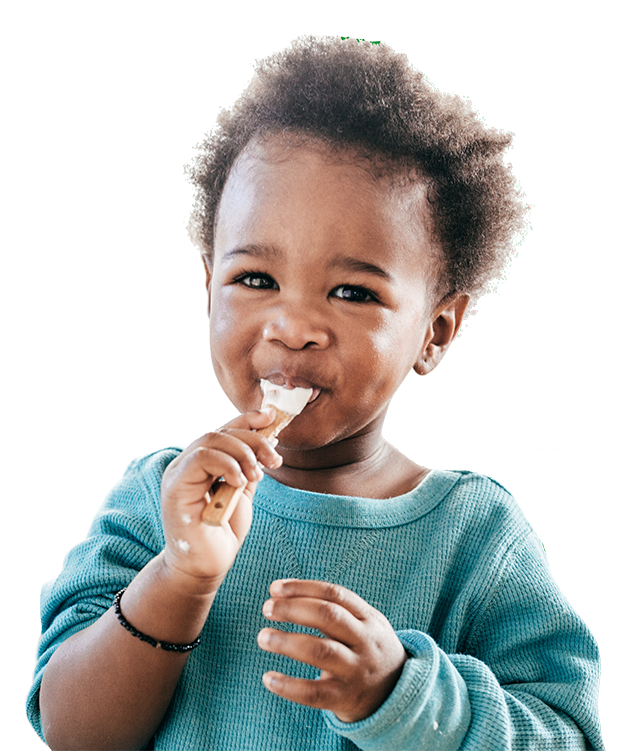
Summary
By supporting governments and partners leading on food systems transformation, GAIN is working to ensure that policies are coherent, all voices are included, consumers are empowered, the private sector finance is mobilized, nutrition and environment agendas are connected, and data and knowledge is tracked and shared. Together we can transform food systems to deliver more nutritious diets within our planetary boundaries.
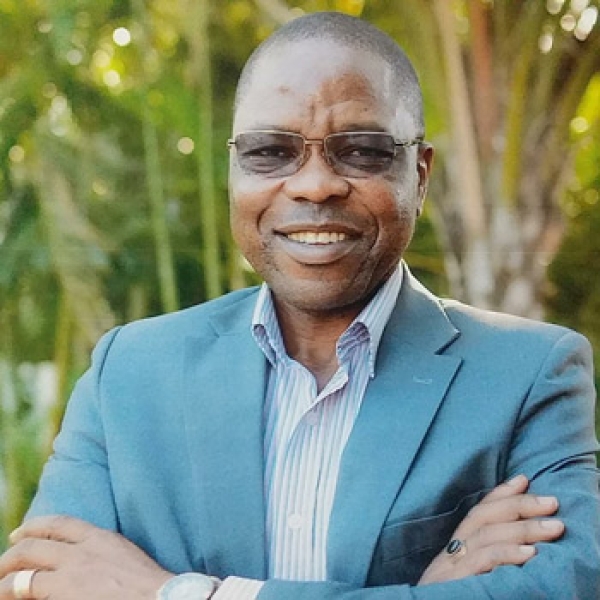
Gaspar Cuambe
Country Director, Mozambique
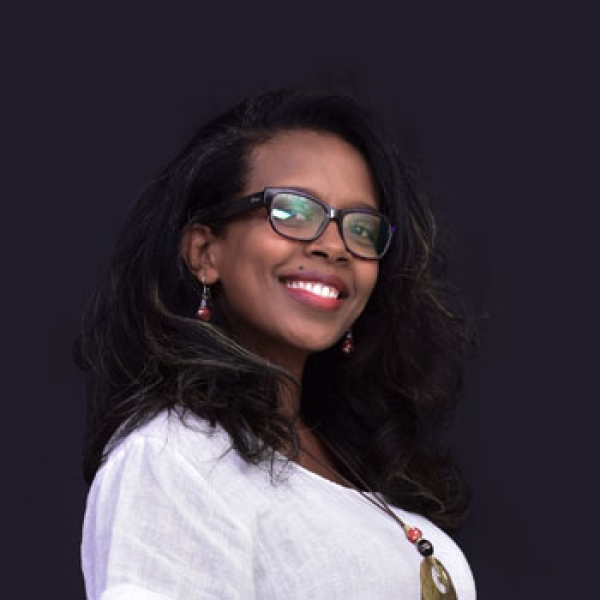
Wubet Girma
Ethiopia Country Director, GAIN
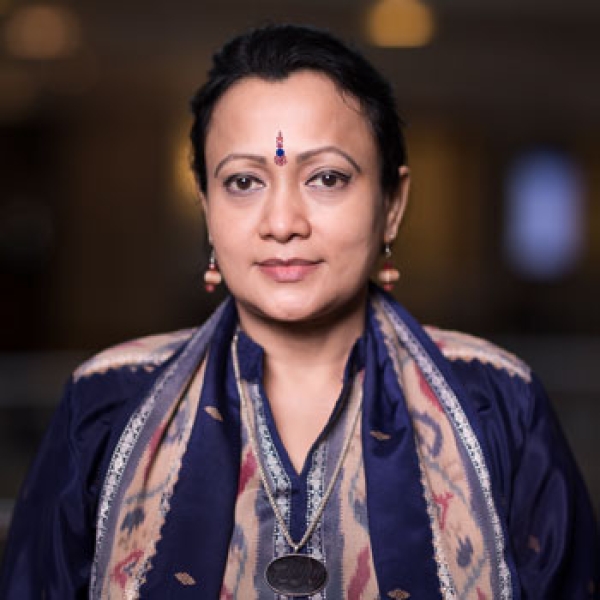
Rudaba Khondker
Country Director, Bangladesh & Chair of the Directors Forum
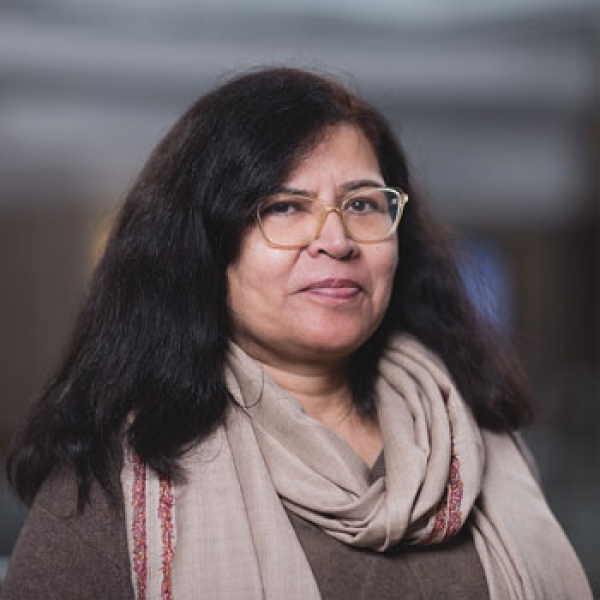
Farrah Naz
Country Director, Pakistan
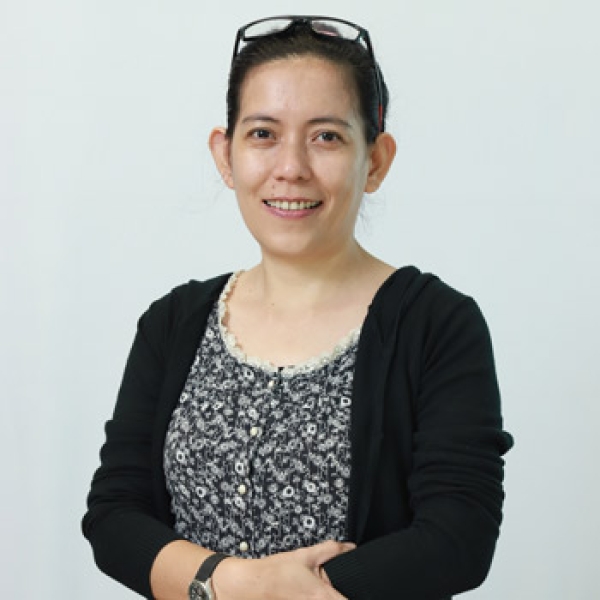
Agnes A. Mallipu
Country Director, Indonesia
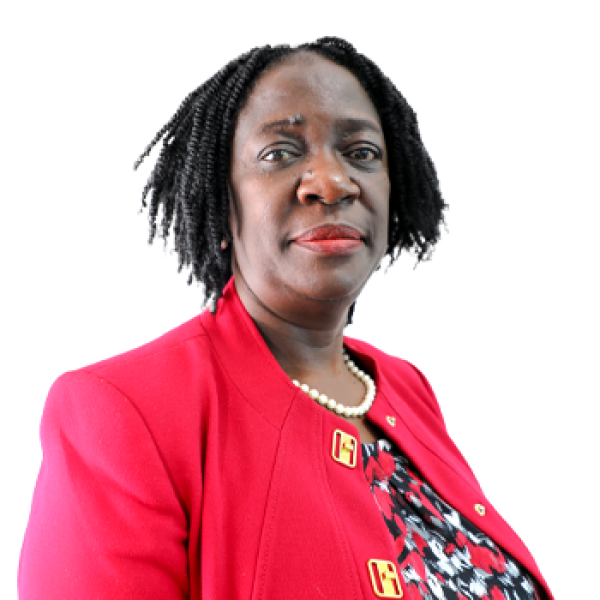
Ruth Okowa
Country Director, Kenya
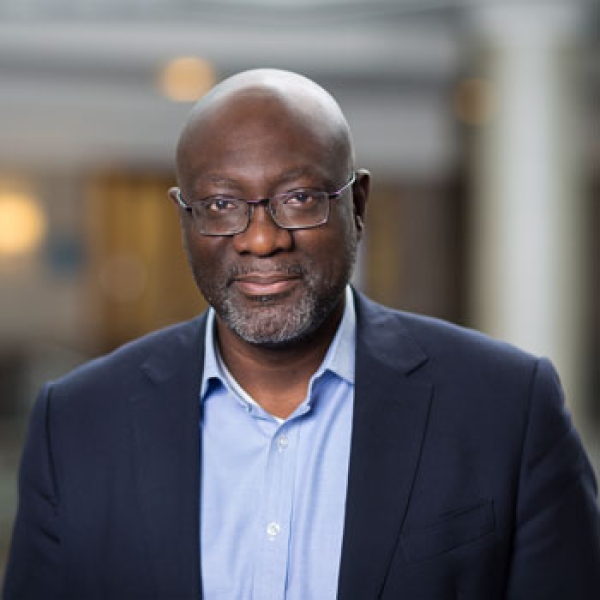
Michael Ojo
Country Director, Nigeria
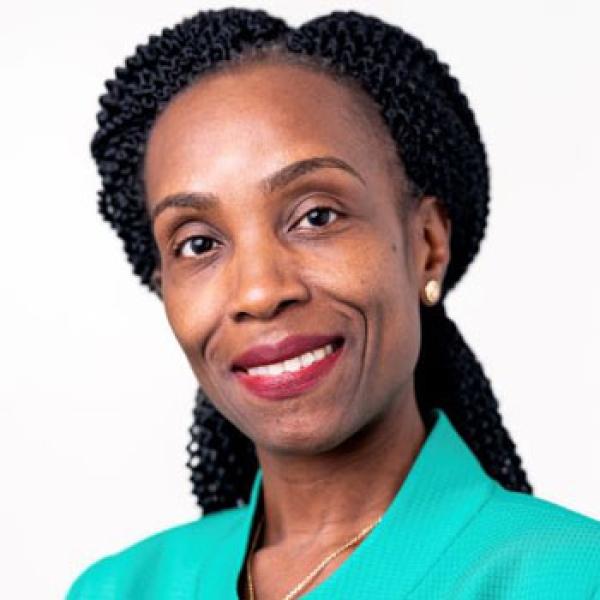
Prisca Rwezahura
Country Director, Tanzania
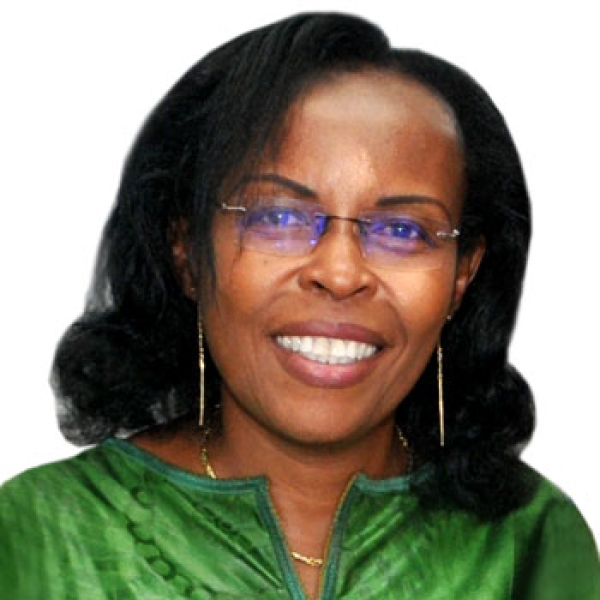
Françoise Sayi
Country Director, Benin
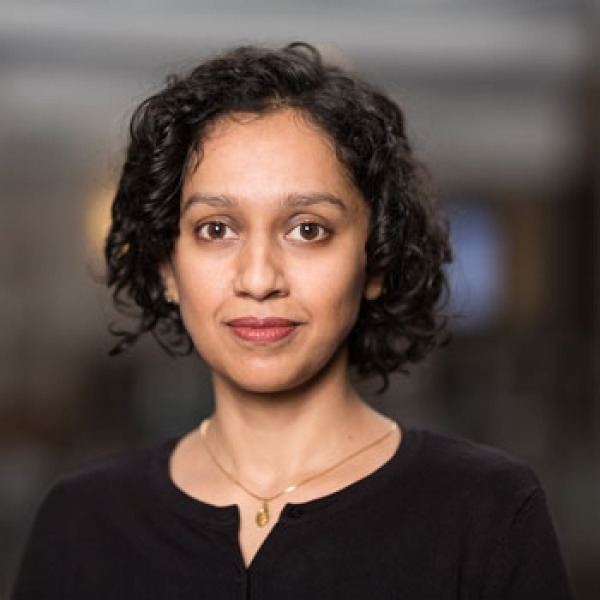
Bhuvaneswari Balasubramanian
Country Director, India
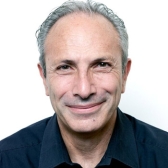
Dr. Lawrence Haddad
Executive Director, GAIN
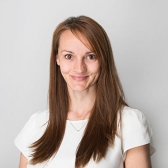
Teale Yalch
Senior Technical Specialist
EatSafe
Evidence and Action Towards Safe, Nutritious Food
Feed The Future's EatSafe: Evidence and Action Towards Safe, Nutritious Food is a USAID-funded, five-year programme aiming to enable lasting improvements in the safety of nutritious foods in traditional markets by focusing on behavior change.
EatSafe’s objectives
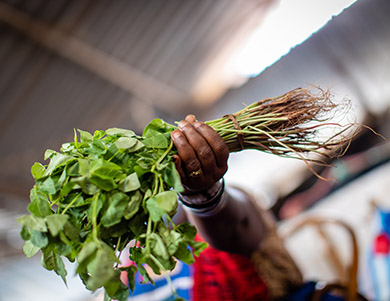
EatSafe’s formative research aimed to aggregate the existing evidence on the interplay between foodborne disease (FBD), traditional markets, and behavior change in LMICs.
EatSafe generated knowledge across topics including the relationship between food safety, nutrition, and health; consumers’ and vendors’ perspectives on food safety; and the importance of traditional markets to food security.
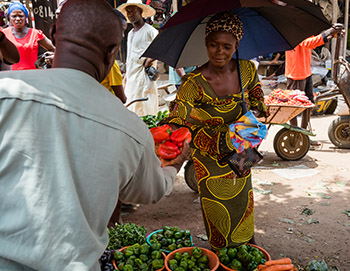
EatSafe developed localised, market-based interventions to improve knowledge, attitudes, and practices (KAPs) related to food safety and the enabling environment in the countries where EatSafe operates.
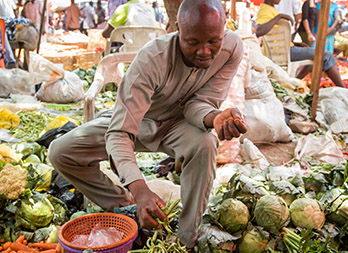
Interventions are assessed to understand their impact on consumers' and vendors' knowledge, attitudes and practices (KAPs) related to food safety. They are also tested for effectiveness, feasibility, and sustainability in traditional market settings.
In-country implementation
UNLOCKING TRADITIONAL MARKETS
EatSafe conducts rapid market assessments to understand consumer characteristics, vendor practices, gender dynamics, commodity supply, food safety risks, and the enabling environment.
EVIDENCE-BASED FOOD SAFETY INTERVENTIONS
Drawing from the market assessments, EatSafe co-designs interventions with key stakeholders. They are tested for effectiveness, feasibility, and sustainability, with a focus on behavior change among market actors.
EatSafe’s Resources
To find our more about EatSafe's work, browse our materials below. For additional information, please contact [email protected].
Traditional markets provide access to highly nutritious but perishable foods. Foodborne illness can jeopardize it all.
Top Resources
Check out EatSafe's most-read resources.
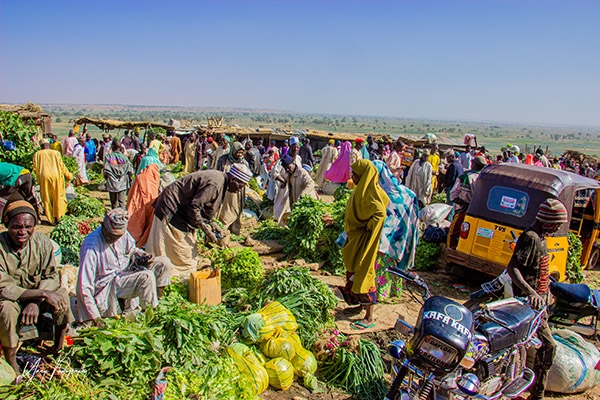
EatSafe Reports & Publications
Dive deep into EatSafe's comprehensive collection of reports and insightful publications. Crafted by experts in nutrition, food safety, and public health, each document offers valuable insights into the core areas of the program. EatSafe's portfolio of work includes groundbreaking research, insightful analyses, and innovative interventions for food safety in traditional markets.
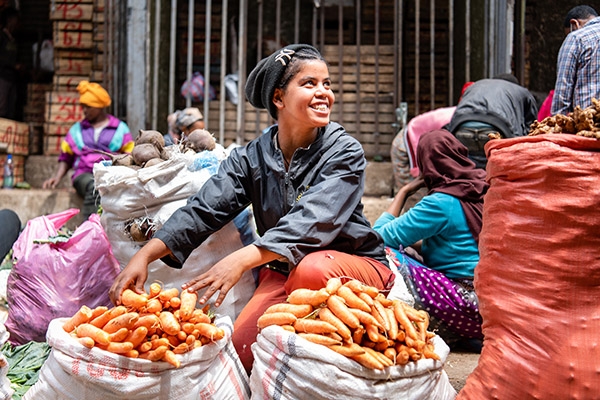
EatSafe Blogs
Discover EatSafe's latest explore thought-provoking articles, stories, and reflections in EatSafe's blogs. Penned by EatSafe staff and guest contributors, these pieces provide a deeper dive into the nuances of the EatSafe program. It's more than just updates—it's a space for reflection, learning, and dialogue about the broader context in which our program operates.
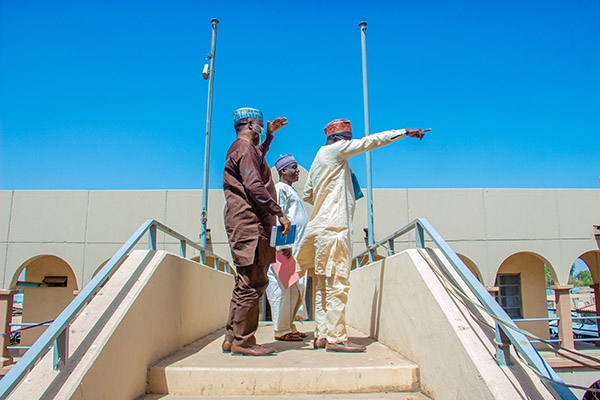
EatSafe News
Stay updated with the latest developments and happenings around the EatSafe program. The news section offers a curated blend of announcements, features, and important updates—offering information on what's new and noteworthy.
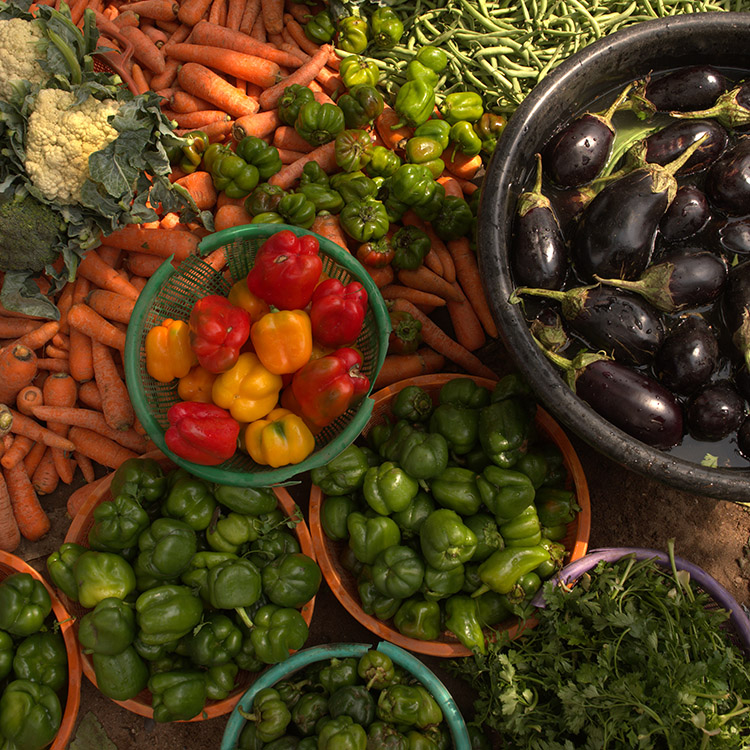
EatSafe on Agrilinks
Check out EatSafe's Activity Page on Agrilinks for even more updates, resources and blogs. Agrilinks is a knowledge sharing hub and is part of the U.S. Government's Feed the Future initiative.
